|
0 Comments
Alexandra and Yea Standard and Yarck, Golburn, Thornton and Acheron Express (Vic. : 1908 - 1949), Friday 18 August 1922, page 3 Unpleasant Experience. Mr J. Heywood, of Melbourne, had an unpleasant experience on the 9th inst. Shortly after 5 o'clock he left Marysville in his car for the purpose of coming to Alexandra, but took the Cumberland Falls track instead of the track leading to the road to Alexandra. Darkness overtook him, and as there was no room in which to turn the car, he proceeded ahead on foot. After rough travelling; for some miles he struck a bush hut,occupied by a couple of prospectors, who made him welcome. In the morning they accompanied him back to the car, and assisted in turning it. There was a considerable quantity of snow on the ground. It has been suggested that a more prominent finger post should be erected at Marysville in order, to indicate the road to Alexandra. Horsham Times (Vic. : 1882 - 1954), Friday 16 July 1926, page 4 LOST IN THE BUSH. Most reluctantly residents of the Marysville district, who for the past five lays have been searching the bush for Miss Olive Pitman, proprietress of Korringa guest house at Marysville, have abandoned hope of finding the woman alive. A big search party is being organised for Sunday next, when efforts fill be made to find Miss Pitman's remains. The task will be a difficult one, as the tracks of the missing woman led in the direction of the Cumberland falls where the country is exceedingly rough. The Argus Melbourne Vic Tue 1 JAN 1924
MAN LOST IN THE BUSH TWO DAYS' WONDERING SEARCH PARTY SUCCESSFUL Amateur Photographer's plight Marysville, Monday - The picturesque and old-English village of Marysville has passed through two days of unwanted excitement, which was subdued at noon today when a short message was sent from the post office to the various guest houses stating that a missing man had been found. The news concerned Mr. Timothy Green who for 48 hours had been lost in the mountain fastness near Cumberland Falls. He was one of a party which left the Bungalow at 9 o'clock on Saturday morning for an excursion to the Cumberland and Cora Lynn falls, about nine miles away. Mr Green is an Englishman by birth, aged, 63 years, and he is a resident of Merton street Albert Park. During his residence in Australia he has been employed by John Danks and Son Pty. Ltd. His hobbies are photography and nature study. He went from Marysville with his camera and his butterfly net, left the main party, and wondered down the Armstrong river. He obtained 18 beautiful photographs, but the scenery so excited him that he did not realise he had worked away from the course of the stream. His effort to make it again were in vain. In the meantime the members of his party, ready for home, passed through the various stages of annoyance to uneasiness and then to alarm. They searched the neighbourhood until darkness came, then returned to Marysville. At 9 o'clock at night the matter was reported to Constable Delarue. It was then too late to do anything except make plans for the morning, but at daylight on Sunday the constable with Messrs J. F. Barton, Frank Keppel, and William Walker, were out. The last that had been seen of Mr Green was standing on Barton's Lookout taking a photograph. From there it is an almost sheer drop of 100 ft. to the stream below, and it was through that, although the lookout is guarded, his zeal as a photographer might have tempted him into a danger spot from which he had fallen. It took almost all Sunday forenoon to search this locality and the search resulted in nothing. Bushmen Pick Up Tracks The course of the Armstrong River was searched on Sunday afternoon, and there the experienced bushmen comprising the party were heartened by picking up the track. They led up a steep mountain-side, overgrown with jungle, but they were followed faithfully for fully 300 feet, and almost down the same course again to the stream. They were traced up the river for a little distance, but in the green matted ferns they disappeared. It was then dark, and the party returned to the camping ground as it was impossible to do anything in the darkness. The party returned to Marysville where Constable Delarue telephoned to Melbourne at 11 o'clock for the assistance of black trackers. At daylight this morning members of the party were again searching. They were reinforced by Mr Maurice Keppel, mounted on a pony guaranteed to penetrate anywhere man can venture. They searched along Cora Lynn and Cumberland Creek and the Armstrong River. They sent rifle shots reverberating through the hills, and a miner fire explosives, which echoed through the valley for miles around. Wonderer Hears "Coo-ee" But the familiar Australian "Coo-ee" was the first sound the approach of his friends the wonderer heard. Constable Delarue had returned to Marysville to meet the black trackers, who had arrived in charge of Senior-constable Haygarth. Before he returned, however, the grateful "Coo-ee" had struck upon the ears of the lost man. It was answered by a succession of shrieks and screams, but the first the party saw of Mr Green was when he was walking calmly towards them, his trousers almost torn off his legs, and he was then about five miles away from any track. He was placed on the intelligent pony, and it took the party nearly two hours to get him out to any track. Mr Green had had nothing to eat for more than 48 hours, but fortunately there was plenty of water, and he was spared the most awful terror of those lost in the bush. He lay down part of the first nigh, but the animals of the forest made rest impossible. The barking of the foxes and the yelping of the dingoes kept his nerves on edge. Most of his sleep was taken in the daytime. He was sitting down when he heard the "Coo-ee" of the searchers, and says that he had made up his mind to stay there, having abandoned hope. Mr Green is the owner of a very fine camera, to which he clung lovingly. He had been pressed by Dr. Rosenberg, of Richmond, to sell it some time ago, but he had declined to part with it and laughingly said that he "would leave it to the doctor in his will." As he sat for his final rest the words recurred to him, and he was just about to write a note that the camera was to be given to Dr. Rosenberg when the grateful sound fell on his ears. The bush testament never completed. Mr Green was brought to Marysville in Mr Joseph White's car, and he slept soundly through all the jolting. He was put to bed at once and will, it is hoped, be none the worse for his adventures. Morninton Standard Sat 10 Feb 1906
A City girl at Healesville By D.V.A Some extract from a City girl's letter to her parents recounting a holiday experience at Healesville Healesville 13/1/06 We go for long drives. Mother's heart would be in her mouth - up mountains and down mountains through the most glorious fairylands. I am always up and dressed before 6 a.m. The air is so exhilarating; I feel I can't lie in. I walk out of the window on the verandah, and sit there and read and admire the perfect scenery. Clouds are always resting on the mountain tops in the early morning, but when the sun breaks they melt away. We have walked over forty miles up to today (Monday). We drove to Maroondah Weir yesterday. We were on the way to Mathinna Falls. We can only drive to the foot of Mount Monda, and then you have to climb it to reach the falls, which is four miles of almost perpendicular climbing. I can tell you it requires all ones energy to do it. At last you reach the summit summit not to drop, but you must go a few more yards amidst the bower of tree ferns and you see and hear the water dashing down from an immense height to the river below. It is a lovely sight, and you feel at once revived and fit for anything. It is so magnificent. I feel like one of the poets; I long to steal the beauty of that scene and put it into words. We sat by the Upper Falls, under a bower of graceful spreading tree ferns, and I thought what a wonderful gift that Australian poet had wrote that poem we so much love - every word is no true - The tall fern spread a graceful wing to shut the light away, and even the mountains were laughing and singing, and the moss and maidenhair climbing and clinging. We had our lunch there before we attempted the dangerous descent to the middle and Lower Falls. You have to jump from rock to rock and if one missed their footing they would come to grief. We though nothing could be more beautiful than the Upper Cascades, but when we reached the Middle Falls we were surprised at their magnificence, and the Lower Falls were even lovelier. We sat on a fallen tree in front of the falls, and were quite wet with the spray that was dusting on us. The climb back was very hard, but we got to the Upper Falls in safety. Mrs H. thought B. and I. would be killed. The guides said if we liked they would let us see where the falls came from; and we went. We had to climb ever so far up the slippery, damp side of the falls, and when we got halfway up we had to cross the falls itself. We had no idea we had to do this, or we would not have gone. If we had missed our footing we would have been dashed with the water to the river below. The men threw tree ferns across for us to avoid treading on the slippery moss covered rocks. and after summoning up all our courage we walked across, and it was not till then that we realised what a dangerous thing we had done, but it was well worth it. The scenery was grand. We sat on a huge fallen tree, big enough to have a picnic on and the guides got us Sassafras Alpenstocks, and peeled then carved our names on and the places we had been to. Coming back we went a different track and didn't cross the falls, thank goodness. We were glad we went because so few have seen and down what we did. Coming down the mountain was worse than going. You could scarcely keep from running and it shook us up terribly. We reached the bottom in safety dipped our feet and boots in an icy creek. It was so hot they soon dried again. The horses were soon put on the wagonette and went full speed to Maroondah Weir, where we had tea. We had our photo taken there B. and I. together. We had then taken the wagonette crossing the ford on the way home I am driving. It is no use coming here for a holiday unless you have plenty of money. The drive yesterday cost 1 pound, and it wasn't far. We have walked to Maroondah Weir. They put it on to visitors. I'm sure. We felt quite fresh when we came home. We washed our feet, which were almost black, and went to the post but didn't get a thing. My word though today we feel it we are stiff as pokers. We are going to the Watts River this afternoon. It is just over the way. We are going to try and get some blackfish and trout. We went to the Don Ford early on Monday morning, it is very pretty. Did I tell you we were going to climb Mount Juliet? It is 3,600 feet high. We are going to drive to the foot. It will cost 1 pound. The Observatory used to be on the top, and remains of it are still there. A mound, 15 feet high, on which, if you climb, you can see Mount Macedon, the You Yangs, Melbourne, and the bay distinctly. There is a visitors book in a box at the top, and we were anxious to see it. I'm sure you have not seen the beautiful scenery I have. Gippsland is nothing to it. Brighton Southern Cross (Vic. : 1896 - 1918), Saturday 5 February 1910, page 6
THE BAW BAW TRIP. By ' Eucalypt.' That the young men of Sandringham are energetic and not without that disposition that augurs well for the future of the.nation is evidenced from the fact that some six local young men, in three separate parties, ventured the Baw Baw trip during the early part of the new year. ' Jack ' Jones, with a party of University students (Messrs. Norm. Brown and Goswinkle), as well as two Wesley College lads {Brie Watson and Fred. Tadgell), made the journey. Whether impelled by the superb scenery or the effort raised by the hope of ascending 5000 feet, or the ambition fraught, of being outside civilisation and without the comforts other than can be carried for four or five days, with the possibility of being held up by snow at a high level, each party decides for itself. A walk of 20 miles from Warburton brings the traveller at nightfall to McVeigh's — a home-like hostelry at the junction of the Yarra and Walsh's creek close by a future source of our metropolitan water supply. Now the foot padding commences in earnest, and the Yarra Falls are reached at the first shelter house. 15 miles along the track, on the second evening. A stiff mountain climb of 1.5 miles takes as long in hours to accomplish and then a beautiful beech forest makes the journey agreeable till the second .est house at 28 miles, becomes a fait accompli? Excelsior still, till the highest point, Mt. Philack, 5140 feet, and the Baw Baw, 5130 feet from the elevation of the now lofty plateau seem as but hills. Talbot Peak and the 5000 feet peak of Mt Erica, on which rests the shelter house, is welcomed at 36 miles at the end of another day. The traveller "humping his bluey" gladly seeks the shelter on the exposed position, and soon finds his fire and billy. Some idea of the bleak aspect can be gathered from the fact that but 12 months before a party of eight, travelling from the opposite direction, left Walhalla, 15 miles distant, on Boxing Day, with a temperature of 106 deg and reached Mt Erica. Meantime the glass had fallen, and for three days they were snowed in, gladly using one only of the two rooms in their endeavour to keep themselves and their one lady companion warm, the while shoveling out the snow as it slowly found its way inside. At this place the incident recorded by. the Walhalla Chronicle 'of, the week occurred and which we reprint. From here the descent is very sharp. Necessitating; almost a jog trot,' willy nilly. Right glad is the traveller to reach a comfortable house at Walhalla, and enjoy society, creature comforts, and look on his fellow-man. Notwithstanding, the exhilarating conditions are such and the air so delightfully rarified that our travellers speak of the enjoyment as the trip of their lives.it. Argus (Melbourne, Vic. : 1848 - 1957), Saturday 23 August 1924, page 5
ON THE BEN CAIRN TRACK. By DONALD THOMSON. The road fringing Mount Toolebewong and thence across Ben Cairn will make accessible some of the finest country in the nearer ranges for the mountains of Healesville arc a wonderland to the tourist, and a happy hunting-ground for the naturalist. We often camped in a deserted hut in n little clearing on Mount Toolebewong, some 2,600 ft. above sea-level?on , tho fringe of the silent places. On one side of the hut was a little raspberry patch, where wallabies came to sport in the moon-light, or to cat the succulent shoots of the canes. White-eyes and other fruit eating birds gorged with ripe berries, and the garden resounded with bird music. The front door of the hut opened on a dense thicket of wattle and Christmas bush, which shed its snowy or pinkish flowers at the very door. Below was an old orchard, lichen covered and unpinned, where the bush crept stealthily amongst trees, claiming back her own. We slept soundly on beds of bracken, and it was pleasant to lie abed in the early morning, listening to the morning paeans of the lyre-birds, which came out to feed clone beside the hut. On the hillsides above the gullies we often came upon tho dancing mounds, upon which the males dance and display before their admiring lady-loves? for sad to relate, the lyre-bird is generally accused of polygamy. Once I tried to stalk a bird whilst mimicking. Rain fell steadily, and ray footfalls on the sodden mould seemed hushed. The mimic was at his best, singing in the rain, but a female bird which had not seen, evidently on out-post duty, gave the alarm, tho voice was hushed instantly, and I glimpsed the graceful forms disappearing like ghosts in the ferns, before I was left alone in the glade. Below the hut we found the nest of a lyre-bird?a great domed structure of sticks, rootlets, and leaves, lined cosily with the soft greyish down feathers from the mother's own breast?surely a luxurious nursery, even for a lyre-bird chick. As usual, there was but one egg?large as a hen's, and of a deep purplish-grey in colour. From Mount Toolebewong, a steep track, bordered by bracken, and shaded by tree ferns and great mountain ash and silver top, leads down into the Don Valley at Panton's Gap. Panton's Farm had long been deserted, and the wilderness closed about the abandoned home. Hard by the old homestead a couple of great walnut trees grew luxuriantly, strewing their fruit on the ground. Great numbers of rabbits kept the grass ever short, whilst wombats and wallabies came only to feed on the little patches of cleared ground where paddocks once had been. A creek, fringed with ferns, flowed lazily down the valley. On either side, dense tangles of bracken formed on almost impenetrable barrier, and thickets of hazel and dogwood guarded the last secrets of the wilderness. Sometimes a wombat, caught dozing in a hollow fallen log, rushed in headlong flight through the fern, disturbed by the unaccustomed presence of man. Black-tailed wallabies dozed through sunlit hours in the scrub of the valley, stretched lazily on their sides in the fern, but_when disturbed_ they, ran away in a panic of fear, pausing in an open spot to view the enemy from afar, before plunging into the bush once more. On either side of the Don Valley, blue mountains rose steeply, like great grim wall. Sometimes a wedge-tailed eagle soared high over the valley, now gliding, now swooping, like the master flier he is. Sad to relate, the eagle is a rare avis amongst the ranges now, for he is in keeping with the wildness and grandeur of the rugged hills. One of the finest sights in the mountains is a glimpse of this noble creature soaring in great sweeping circles over the timbered slopes and craggy rocks of Ben Cairn. On the road to Ben Cairn one may Bee, if he is fortunate, a fallow deer browsing in all open space left by the bush fires, or crossing the road not a leisurely walk. Tho fallow deer has taken kindly to the Healesville mountains, and has become a familiar object to the tourist. Last Easter, whilst I was strolling in the big timber, a black doe walked past, some 50 paces away, pausing to regard me with soft, wondering eyes. I, too, paused, to admire the graceful creature. For a few moments we faced one another, then, with a farewell flick of her stumpy little tail, she disappeared in the undergrowth. Towards Ben Cairn you may often pick up deer tracks, like the footprints of large sheep, in the dust by the roadside. Here and there, in a glen, where the road crossed a creek, we refreshed ourselves with cool water, renting from our packs awhile. On the rocky summit we stood gazing over the valley where the Yarra wound, snakelike, amongst the hills, to the far distance, where range upon range of mountains faded into a blue haze. There was a feeling of height and aloofness as if all the world lay fur below in the valley. Hard by a lone lyre-bird's note sounding, broke the spell, and we lay down beside our packs, while the billy boiled. The bush between Ben Cairn and Mount Donna Buang is a natural wonderland, and the virgin wilds are full of interest. In the dense gullies and hillside scrubs, the pilot-bird's call, "I want a guinea a week, I want a guinea a week," rings cheerily. Clad in russet brown and creeping amongst the dead leaves on the ground in a perpetual search for insects, he is strangely mouse like. He is a friendly little spirit, and the presence of mun in his domain inspires him with little fear. Sometimes he is shy and elusive, but if one is very still on log in his haunt he will often creep quietly up to one's very feet, pick up crumbs or peering coyly into one's face with frank, childlike curiosity. When one pauses to boil the billy by the Stream side, a small bird with greyish back and brilliant yellow breast will perch sidelong on a sapling, regarding him with pensive air, or breaking out in a loud piping whistle. It is the yellow robin, or "yellow Bob," a haunter of quiet streamside, "unfooted della," and twilight scrubs. He is master of the poetry of prose, and one can never mistake his graceful poise and thoughtful air. Ring-tailed opossums arc also plentiful in the gully timber, but they are not nearly as abundant us in the Dandenong Banges. My first acquaintance with the ringtail was in a Healesville fern gully. Gathering dry fronds from a treefern to boil the billy, I disturbed an opossum which had been dozing in the top. The bulky nests of twigs, lined with dry fern leaves, are conspicuous objects in the gullies, and if one shakes the tree in which a 'possum is "at home" he will thrust out a small brown bead inquiringly, blinking sleepily in the daylight. In the thickets of blanket-wood and musk, one may discover the tiny, lichen covered home of the rose-breasted robin It is one of the most exquisite specimen), of bird architecture, and is a model of neatness and beauty. Studded outwardly with pieces of lichen, or tiny strips of bark, by way of cumouflage. it is very difficult to discover, but the snort twittering note of the owner often gives it away. In the open hillsides the scarlet breasted robin are plentiful, the male resplendent with gorgeous scarlet breast and white forehead, while his ladylove is soberly, sombrely clad in quiet brown, with a faint tinge of pink on her breast, Always a beautiful creature, the male scarlet breasted robin shows up strikingly in the bush.after a bush fire, perching on some charred and blackened stump. With the coming of September they will retire to a nearby hollow stump or cleft in a forest giant to make their home and rear their little ones. In keeping with her sober dress, the lady does most of the work, while her mate accompanies her on foraging expeditions, encouraging her with his short, trilling song. In courting days, before the female has commenced to build her nursery perhaps, indeed, before tho homo site has been definitely selected? she is ever coy, evading all the overtures of her lover, like a born coquette. But once she has commenced to brood she loses the coquetry of muting days, and in its place comes a new tenderness. Her mate is a good husband always and will forage far and wide for tit-bits with which she will feed his consort on the nest. In the mountain ash forests tho grey bell magpie is at home. The bird has evidently a mathematical turn of mind for he calls clearly, "two and two are four, two and two are four, slowly and deliberately, then, now if not quite sure of his facts, the call sounds slowly, haltingly. He is a frequent visitor to the orchards, being particularly partial to soft fruits Another denizen of the Stream side and mossy glade among this blackwoods is the lone mountain thrush a silent hermit of the bird world. With dark brown back and speckled breast, he in in perfect harmony with the dead leaves on the ground He has the quick run and "listening'' pause so characteristic of the thrushes. His home is the wonder of beauty an open cup-shaped cradle of living moss lined cosily with fine dry grasses anti rootlets. Unlike the introduced cousin of our gardens, the "Mavis" or "throstle," the mountain thrush is not a great songster if indeed, he has a song at all. Generally he is one of .the least noisy of the bird folk, his one call being a long, mournful cry in keeping with his home in the silent places. Punch (Melbourne, Vic. : 1900 - 1918; 1925), Thursday 18 April 1907, page 14
THE NEWLY OPENED-UP YARRA FALLS. LOWER FALLS, BAW-BAW TRACK. LOWER OR CAMPBELL FALLS, BAW-BAW TRACK TOP FALLS, BAW-BAW TRACK. Photo by A. J. Relph Glimpse of McVeigh's hotel and the Yarra River in 1924. Now under the waters of the Upper Yarra Dam12/3/2017 Leader (Melbourne, Vic. : 1862 - 1918), Saturday 25 January 1908, page 46
the far upper yarra and the falls. By A.J.R. .hanks to the Surveyor-General and the Public Works department the inhabitants of hot and dusty Melbourne have had some of the most beautiful and varied scenery in Victoria placed at their disposal. To get to this place you take the train to Warburton, and catch the coach to Walsh's Creek, or M'Veigh's. This coach drive follows the River Yarra for some twenty miles, and is without exception one of the best for revealing beautiful river and mountain scenes in a comfortable and safe manner. The time occupied is about four hours, so you get to the end of your vehicular journey the first day. Good accommodation can be had at Walsh's Creek, where you stay the night, and then next morning start on a fifteen mile walk to the celebrated falls. This walk is easy in the extreme, for the gradient is the same as the River Yarra, which is followed up. All along this track, which is well made and clear, abundance of water may be obtained. The tourist can dawdle along as he pleases to reach the end of the stage by evening, at the rate of fifteen miles in twelve hours, if he wishes. There should be no complaint of hard work, even by ladies. At the end of the track there is a well built hut of two rooms, with bunks and cooking utensils, for the use of the traveller. Food and bedding must be taken on from Walsh's Creek. If there is a party, a pack horse may be obtained at McVeigh's. The hut is on the creek of the falls for these are not on the Yarra therefore all one has to do is to follow up this creek by a well made track to the falls. There are six falls, over which, in rapids and cascades, the water comes dashing and tumbling down some 700 feet. The farthest fall is only about 1 mile from the hut, and the climbing taken slowly is not hard. The beauty of the scene is beyond description, and will fully recompense one for any trouble and time spent in viewing it. It is gratifying to know that means are now being taken to place such scenery as this trip discloses within reach of the public. The trip from Melbourne and return can be done in four days, with time to spare. . Bendigo Advertiser (Vic. : 1855 - 1918), Wednesday 20 January 1909, page 5 OVER THE BAW BAW MOUNTAINS. A diary of a pedestrian trip from Warburton to Walhalla by Mr. L. F,. Apperley. Wednesday, : 16/12/08.-Woke up at 6 o'clock this morning and got dressed, and started off by 7.37 train to .Warburton. Six of us started, and we formed a merry, but untidy looking, party. We all had big swags on our backs, and carried them as we went. Arrived in Warburton 11.30, and sent our swags by coach to Mc'Veigh's hotel, on the Wood's Point-road, 20 miles away. We met two 'Varsity (Trinity) men, who had a house at Warburton, and they invited us to have tea with them, and they fed us up at about 12.30, after which we started off. The road was a coach road and very dusty, _ but; passes through high mountain ranges -and beautiful scenery. The Yarra here a beautiful and swift river, dashes down the valley and foams and falls over rocks;- : The water is as clear, as crystal, and beautiful to drink, and HoadIey (who has a camera) took a snap of the river at a lovely spot where we had rested. Arrived 7 at Mc'Mahon's hotel at' 4.30, and had a real good tea. There "was a grand bit-of- the river-here, and we enjoyed a good drink in it. After tea we moved on to Mc'Veigh's hotel, seven miles away, and 20 from' Warburton. We were very tired, but livened up on getting near the hotel, where' we arrived, at dark, and saw our swags piled up on the verandah, for we had been fortunate, enough to get the coach to carry them on. At the hotel we filled up the baths ladies and gentlemen's, and plunged in. It -was great and cold after our dusty travel, and after a smoke all round we turned into warm comfortable beds, and didn't we enjoy them, too! Thursday, 17/52/08.-We -woke up late, and had breakfast at 8 a.m., belted on our leggings, which we were told were necessary on account of the snakes. The previous afternoon we killed one on the' road, and two more today on the mountain.Today we had a big load to carry each swag containing a sleeping bag and blanket, three loaves of bread, tins of jam and meat and other odds and ends, the whole weighing about 20 to 22 lb. The road led away up the Yarra Valley, and towering mountain's covered with giant blue gums rose high up on each side. The track was cut out in the mountain side, and the mountain rose sheer up on the right, and fell away almost clear down to the left to the river running several hundred feet below. I could see the stream only in places , since it 'was covered-in by a'roof of beech and fern trees, the dark and light greens which looked fine and blended beautifully.The glimpse we did catch of the river were beautiful, clear crystal water, bubbling over round, smooth stones.and rocks. We crossed many tributaries coming down the mountain side on our side of this magnificent valley, and all these were likewise clothed in beech and tree fern. Our camera friend; (usually called camera, fiend) snapped us several times among the ferns, , but the light was bad. This was a most tiring journey over loose stones, and our swags were very, heavy and the straps cut-into our shoulders, and so we were ' anxiously counting the miles as we went. Our hips and heels were rather sore also I from, the previous day. We had one rather exciting experience. There were several bush- fires sweeping up the valley, but they were mostly below us, and as. the vegetation between was green we were safe, but in one part the fire came right up to our path and up the mountainside, and we had no choice out to rush through it. We were about. half-way through, . and quite enveloped in smoke, when a small tree about- 9in diameter, came crashing down and fell across our path yards in front of our leader. However, we hopped over, and went on our way. Several very big trees had fallen across in one or two other places, and care had to be exercised in getting across, because a fall down the side might have been disaster. We gave a cheer at the 14th mile, and knew there was only 66 chains to go. .Another cheer on coming into sight of the shelter hut, and we entered and threw down our bundles and lay down. After a- little rest we got tea going, and we did enjoy it. We had rice and apricots, and ate until filled to the brim with this and tea. The. shelter shed is a. grand little place with two rooms. There are four stretchers in one and a table, fireplace, and two stretchers in the other. After tea we got a wood fire going, and played cards, read and told yarns, and generally enjoyed ourselves till about 9.15, when we all turned in, thoroughly tired out. Friday 18/12/08 We spent one of the coldest nights we have ever experienced, and piled on our clothes. Humphreys and I had waterproof sleeping-bag., and .so were better off than the others. Inside this was a blanket, and we simply slid into all whole bat, dressed in our own clothes, being minus only our boots. We kept a good big fire, that biased up the chimney, going, all night, and this helped to keep us warm. Woke up after a rather sleepless night, and the fern gully in which we were situated looked beautiful [ The water was icy cold, too. and we all funked our dip, comforting ourselves with a wash only. Today was an easy day and we did the falls. Shifted off at about 9 a.m. and went along a very narrow and difficult path. cut right into the side of one of the steepest mountains I have seen Then a zig-zag to the bottom, and we heard the roar of the first fall.The falls are not really on the Yarra but on Falls Creek, a tributary of the river. The falls, are 750 ft. high, broken here and there into six falls, one above the other. The first, or bottom fall is over 70 ft., and comes down with a mighty roar. It comes down into a deep split between gigantic rock::, and we climbed down there, and got wet. in the spray, and splashed when climbing over rocks to get up near to it. The great beauty of this spot is impossible to describe. The evergreen mountains are up almost perpendicularly on each side, and the rest of the 750 ft. of falls was almost above us, and we pad to climb up by zig-zag paths to get to the top about 800 ft. above. It was the most difficult climb I ever tackled. Sticks were useless and we went on hands and knees in places, and at the higher parts we had to climb up the sheer face of the rock hand over hand almost but I do not think anybody noticed the danger of it until it was done. On throwing stones down this part they went down with terrible velocity, crashing through trees arid the undergrowth until they landed with, a boom at the bottom. All the other falls were magnificent and we snapped them all. About midday we got to the top and sought out a pretty spot for lunch. right on the very edge of the top fall and shaded with trees. Our little rest and hot tea did us good, and warmed us up. for it was very cold at this height, and after this we made a short cut across to the track, and mostly slipped and rolled down it, till we got back to our camp. As soon as we arrived home we had another good square meal and read and rested for the rest, of the day. A real good fire was roaring up the chimney, and round this some of us gathered and warmed, and others played cards till bedtime. Saturday, 13/12/08. Slept last night like old Harry, and did not fancy crawling out of our warm bunks. We kept the fire going all night, or at least one of our number who was rather sleepless. We woke early, had breakfast, and got off the mark with a long day's journey in front of us,15 miles to the next shelter-shed Fifteen mile is not far but it is another matter with a 20 lb. swag and a lot of climbing.We climbed 1000 ft. in the first few miles and got a wonderful view of the falls across the gorge.After that the walk was more level being along the tops of the mountains. This part of the plateau is'covered with long slippery grass, which makes walking difficult. Also the track was overgrown in places and we had to find our way by means of the "blazes" on the trees. We passed through two very fine and pretty forests of beech and myrtle. These wore the-prettiest forests I' have ever seen and we enjoyed them greatly. We now began to leave the Yarra watershed, and passed across on to the Gippsland side, and had lunch on the Thompson river bridge. The Thompson is very small river and shallow and the bottom shone with mica and other minerals, all of which our geologist (Hoadley) explained to us. After about 10 links we began ascending again, and got into quite new country above the snow line, and it gives one the most weird impression. A good view of the surrounding peaks is here obtained, all covered with snow gums. For miles and miles these snow gums stand, quite dead, and simply skeletons, stretching out their limbs to the sky. There is no live vegetation at all except the tough grass, al around cam be seen the white or greyish-while peaks, covered with forests of these dead trees, and largc granite rocks mingled in here and there. The trees are small and stunted in growth and all bent up into tangles, probably by the weight of the winter's snow, and form quite a contrast to the giant towering forest gums seen lower down in the gullies. These gully gums averaged quite 200ft., whilst many were well over 300ft. There were several observation places along tho plateau, from which we could see rows and rows of mountain rangers, covered with forests of gums and getting lighter and lighter in the'r shades of blue until they reached the horizon. The chief peak is Mount Whitelaw, and_on this is the second shelter, 29 miles from McVeigh's, or 50 from Warburton. hut is :n the dreariest and most weird ccun'ery 1 ever saw. Surrounded by peaks clothed iu their dead timber, and marshy bogs between the/mountains, it stands alone, almost awful iii the silence and dradness of the place. These bogs are shallow .depressions between l«he mountains, and overtlow at tli'e lowest outlet, and form the. source of some river, and thus we have chains ot ljogs linked together. They are very marshy, but the water was quite drinkable, and - was-obtained from wells dug near the hut. One large bog near the hut looked so weird and dreary, being covered with while rotting timber, and surrounded oy these hills of white tree skeletons that v.e named it. "The Valley of Dry Bones," or "Dead Man's Ciuliy." The utter weirdness arid absolute silence is impossible to -describe. The second hilt' is very rudely built, with 110 tiooring, and ventilation is plentiful, if unpleasant. There are four bed-stretchers. This night was bitterly csig, and so we built up ail immense lire with huge ' log,, in the large op-en fireplace, and sat round telling yarns or singing, . and spent a short but pleasant evening. As thy sKy was clear, we. expected a sharp frost, and put out some water, which wa.s quite frozen iu the morning. AVc brought the strctehet-s into the room containing the lireplace, and placed them round in such a way that our feet were near the tire, an 1 then turned in early, keeping a roaring lire ooing all night. it. was queer to read round the walls where different oceupiei-s 01 the hut had recorded tiieir cxperiouecs. Many of them had been completely snowed up in December and early January, and we cottld quite believe it. . (To be Continued.') Where aro von going to, my pretty maid? "With canned tw'.lu Iroin \c=tio'?, j.r/ "aid. |
AuthorWrite something about yourself. No need to be fancy, just an overview. Categories |
- HOME
- About
- Contact
- Bush Camp News
- Companion Guide to Healesville
- YARRA RANGES NATIONAL PARK
- Historic Photographs Yarra Ranges National Park
- Dr Annie Yoffa's 1928 Walk from Warburton to Walhalla
- Black Spur
- O'Shannassy Aqueduct
- Graceburn Weir
- Badger Weir
- Donnelly's Weir
- Maroondah Dam
- Mt. Donna Buang
- Cement Creek
- Upper Yarra Dam
- Fernshaw
- Cambarville
- Mt St Leonard
- Yarra Track 1895
- Warburton to Walhalla 1928 Easter Expedition
- Donnelly's Weir
- Dr Annie Yoffa's 1928 Walk from Warburton to Walhalla via Yarra Falls
- Baw Baw track
- WarburtonVerticalK
- Blog
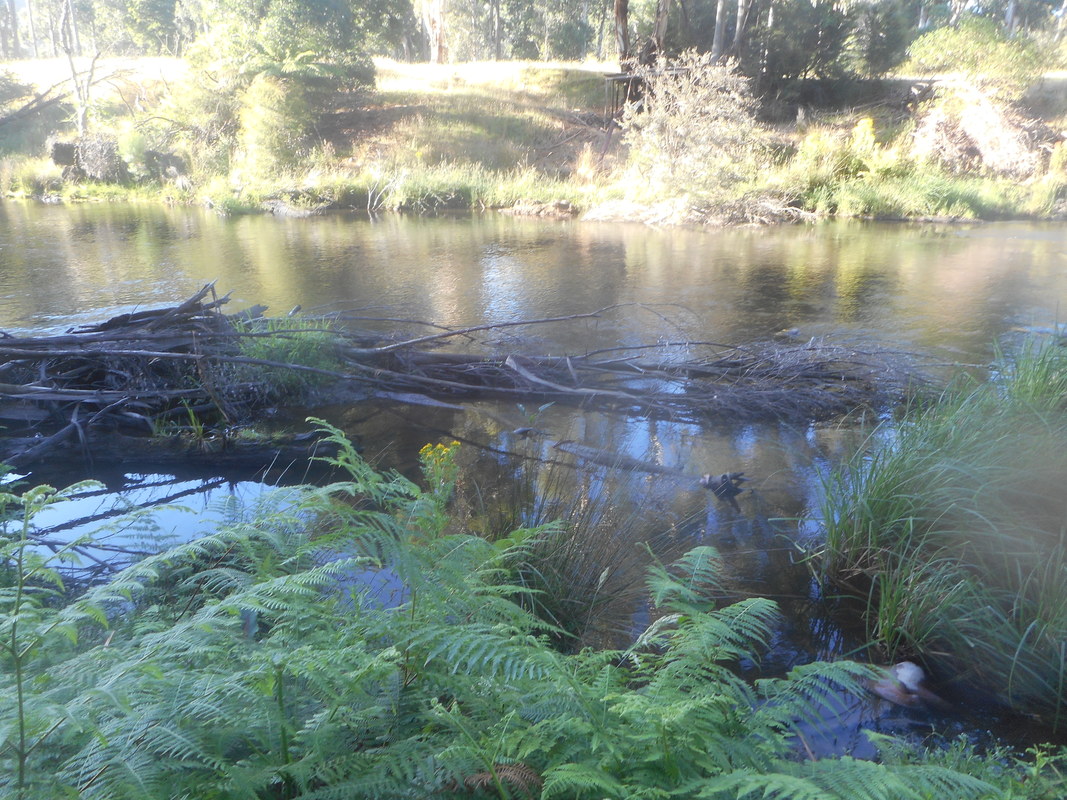
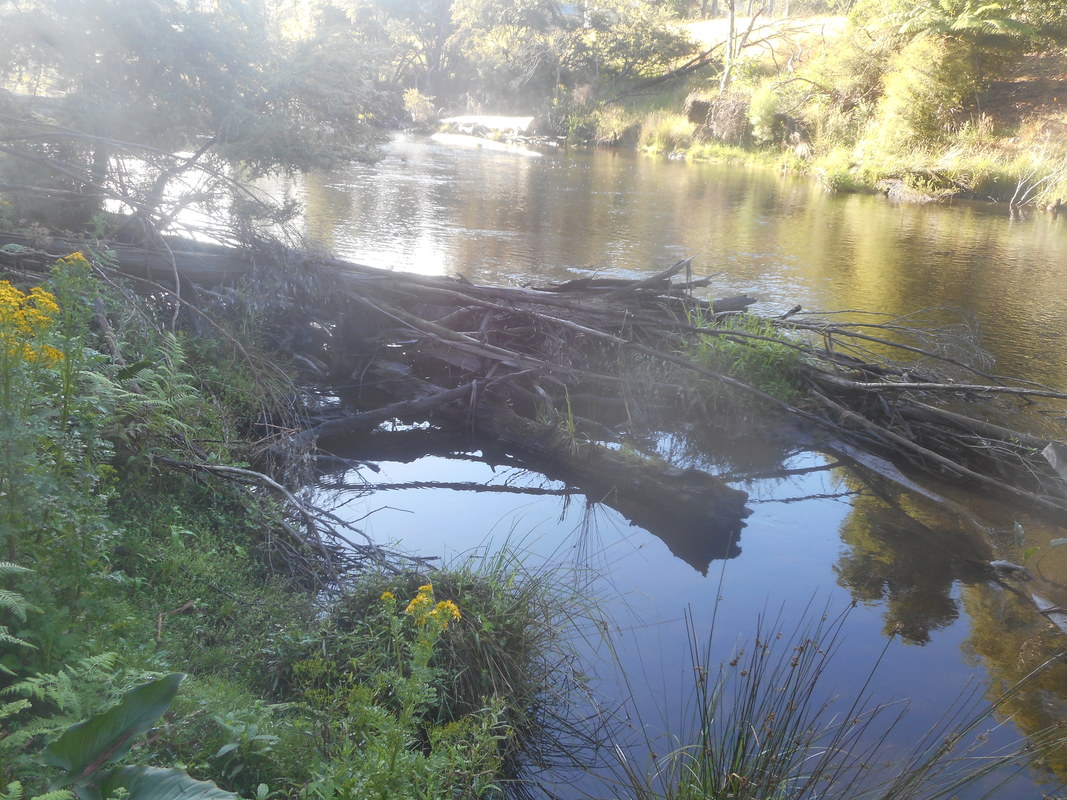
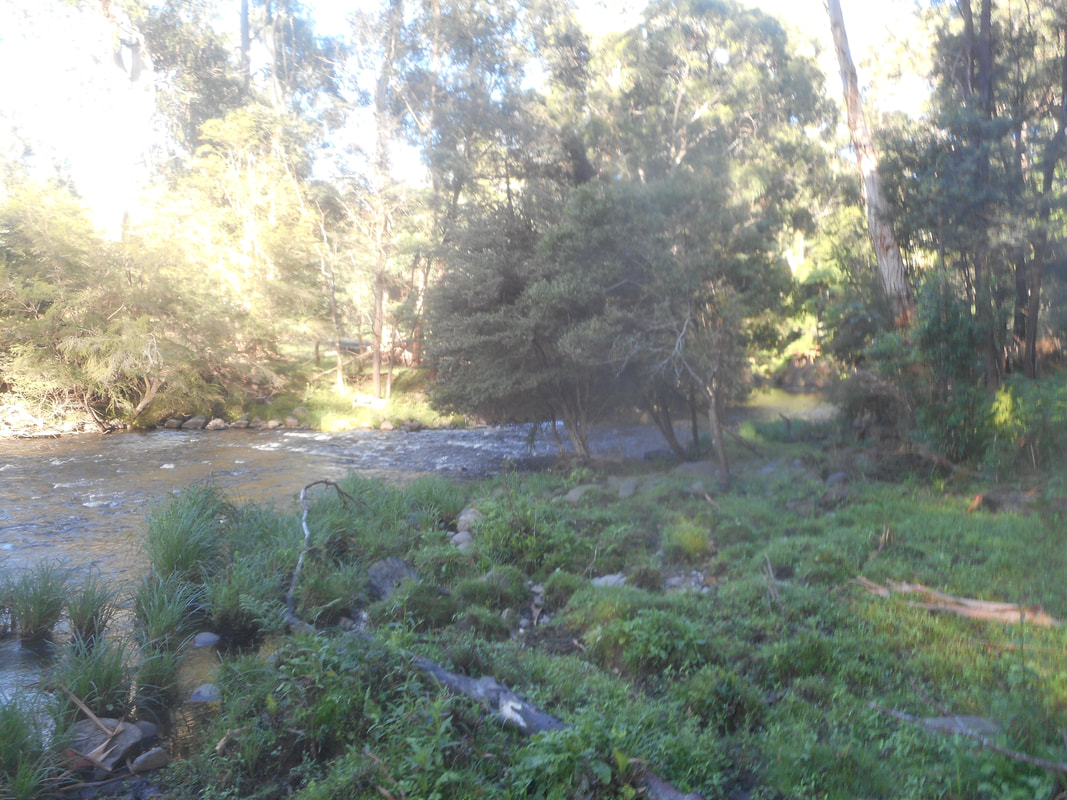
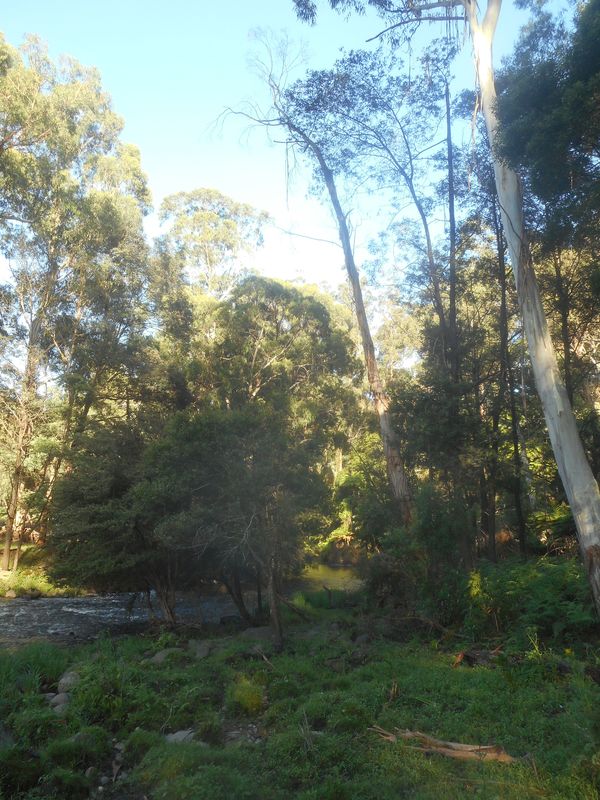
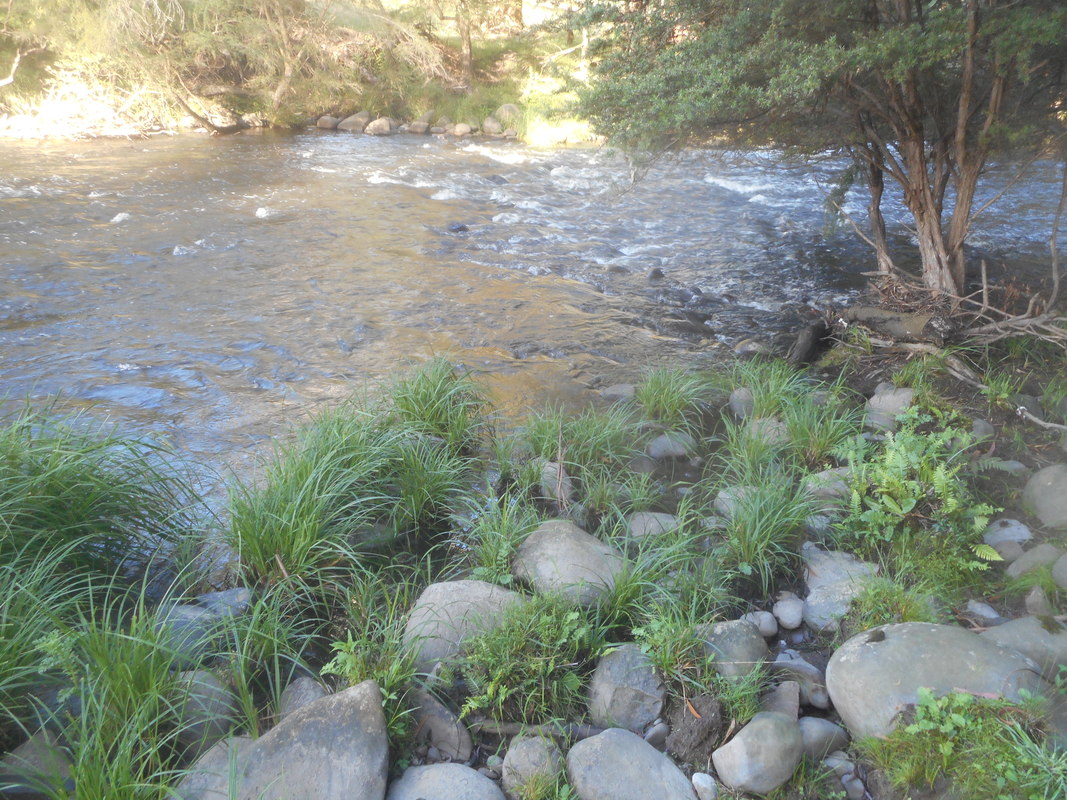
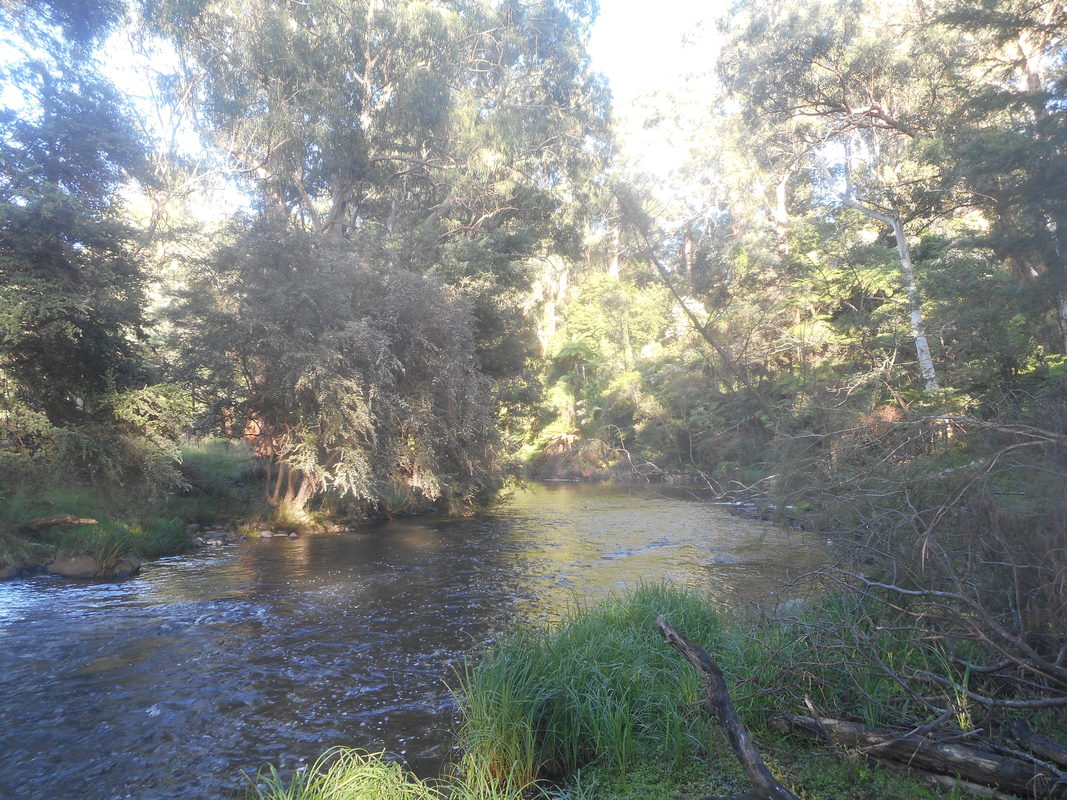
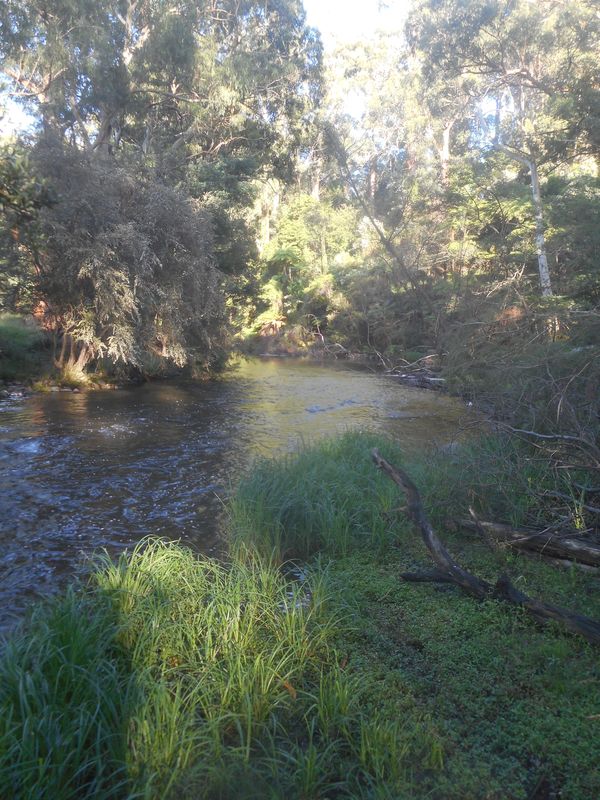
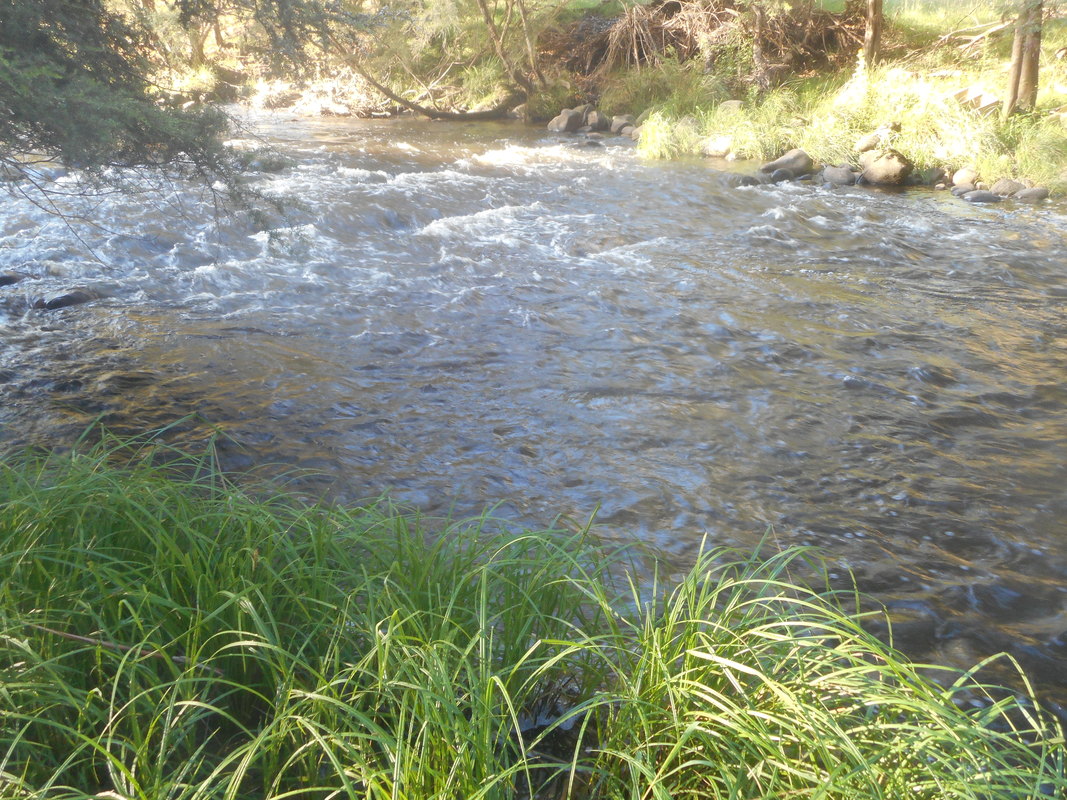
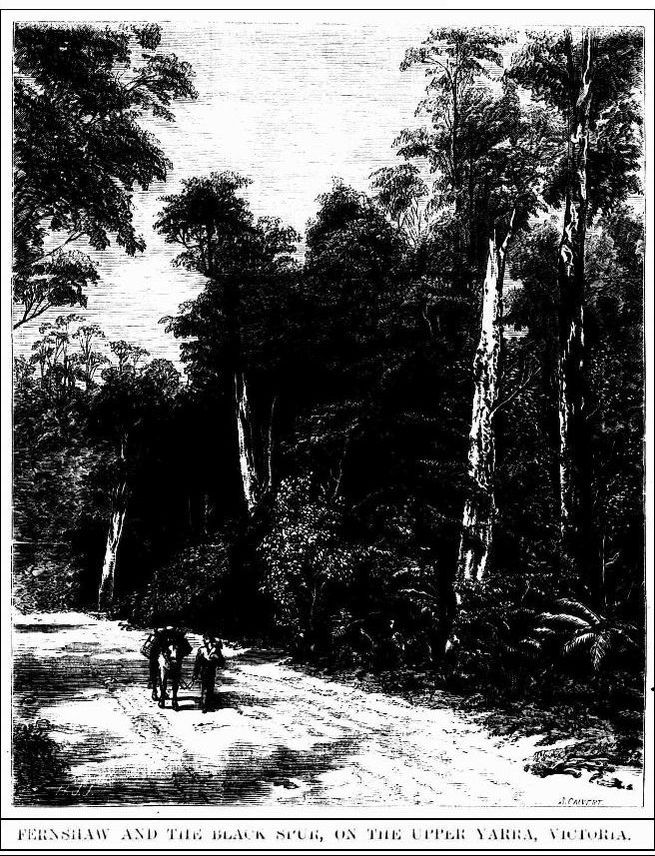
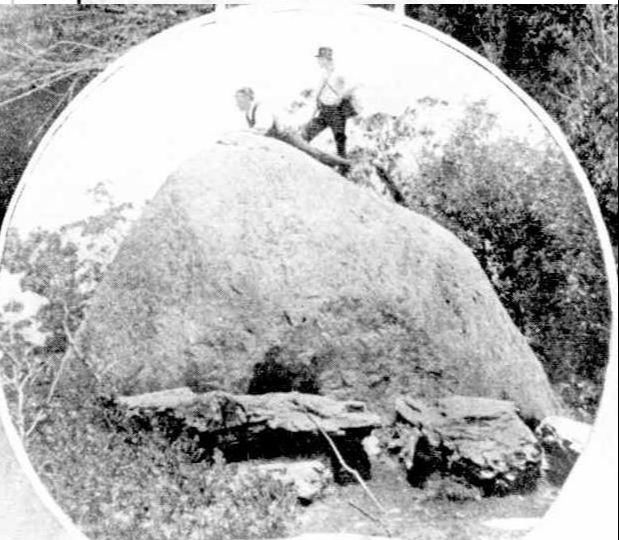
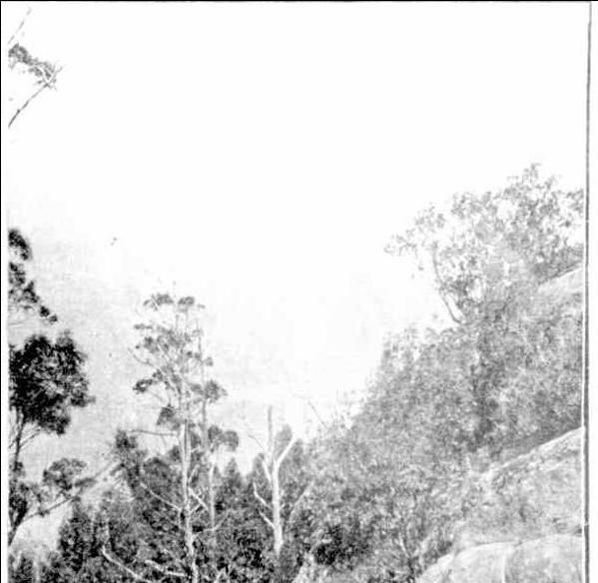
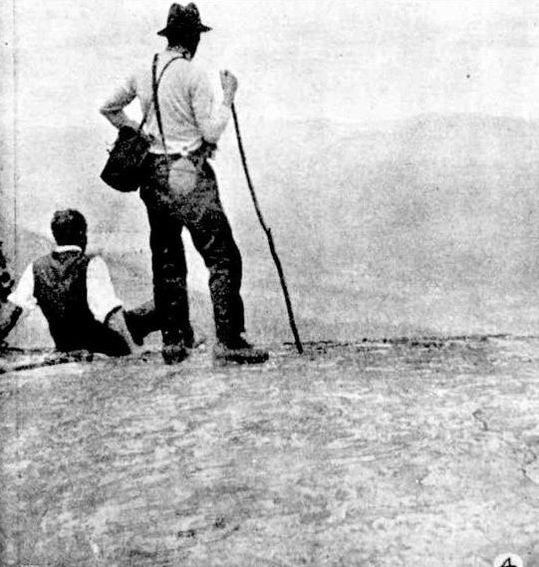
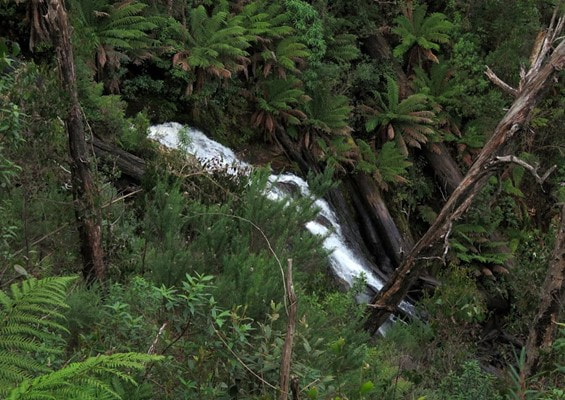
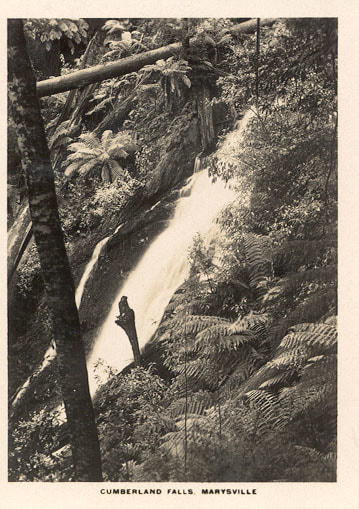
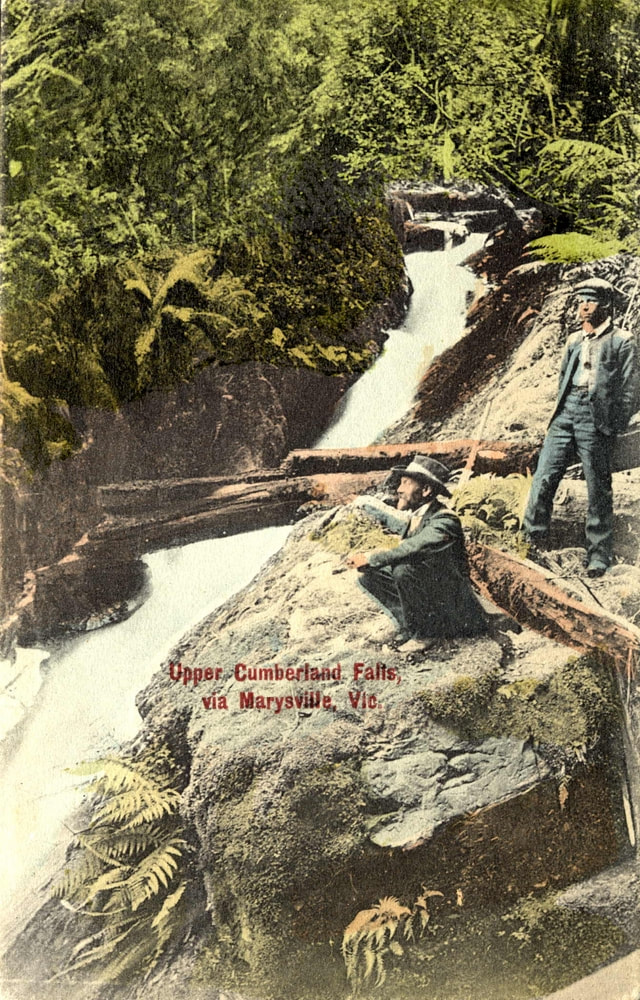
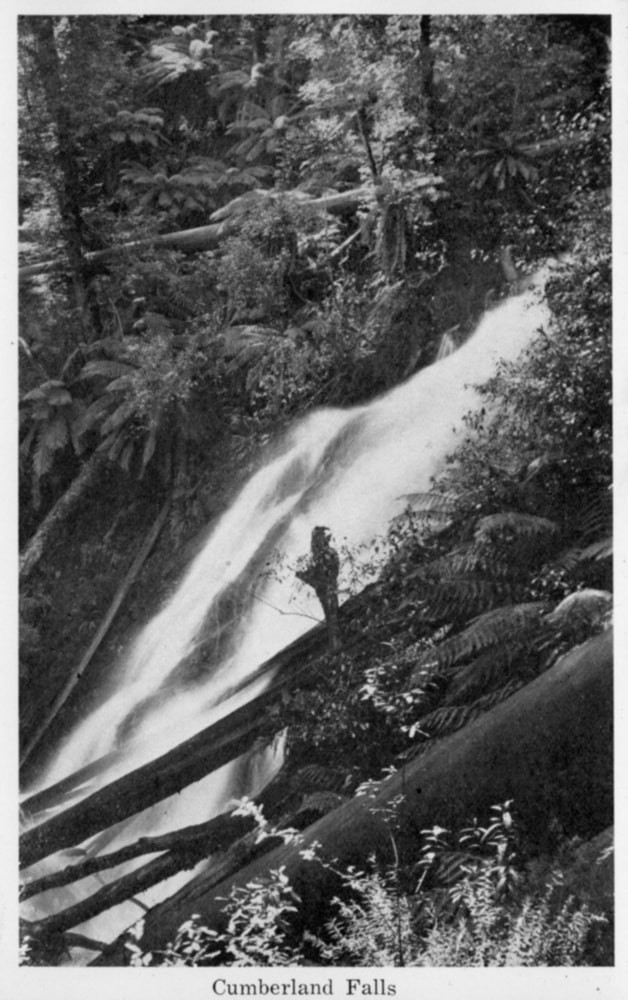
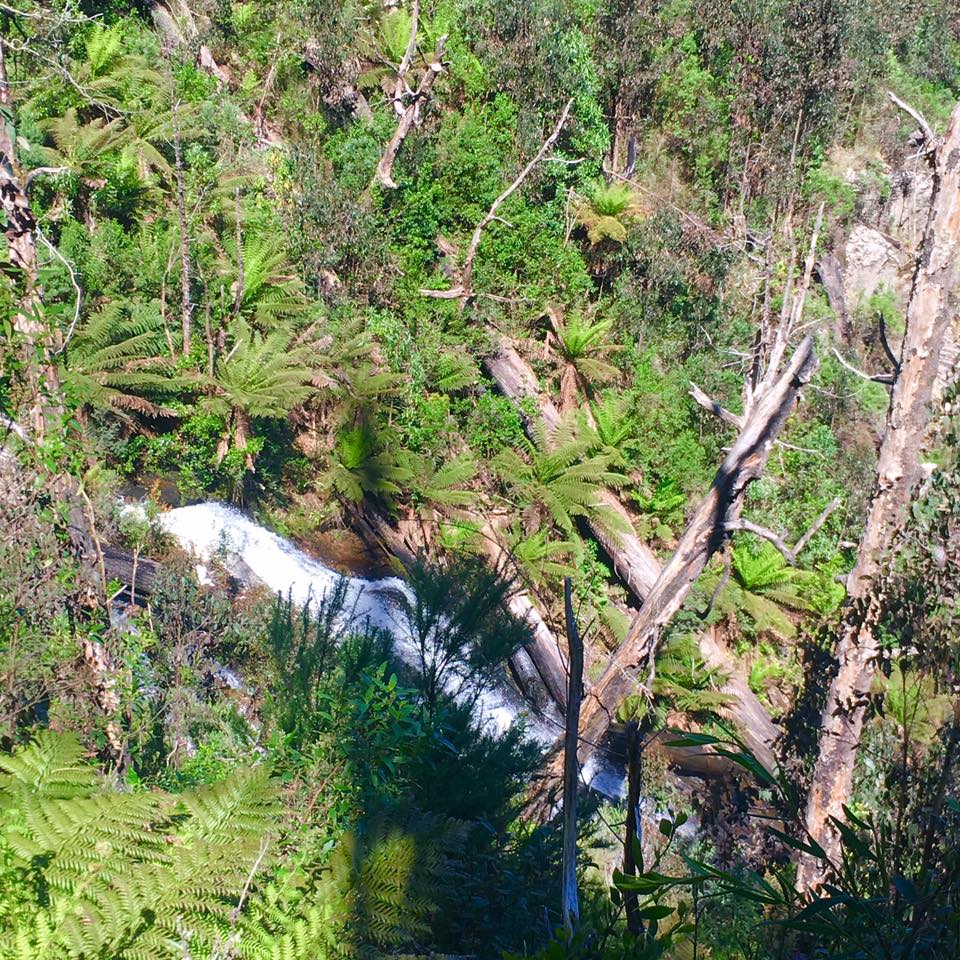
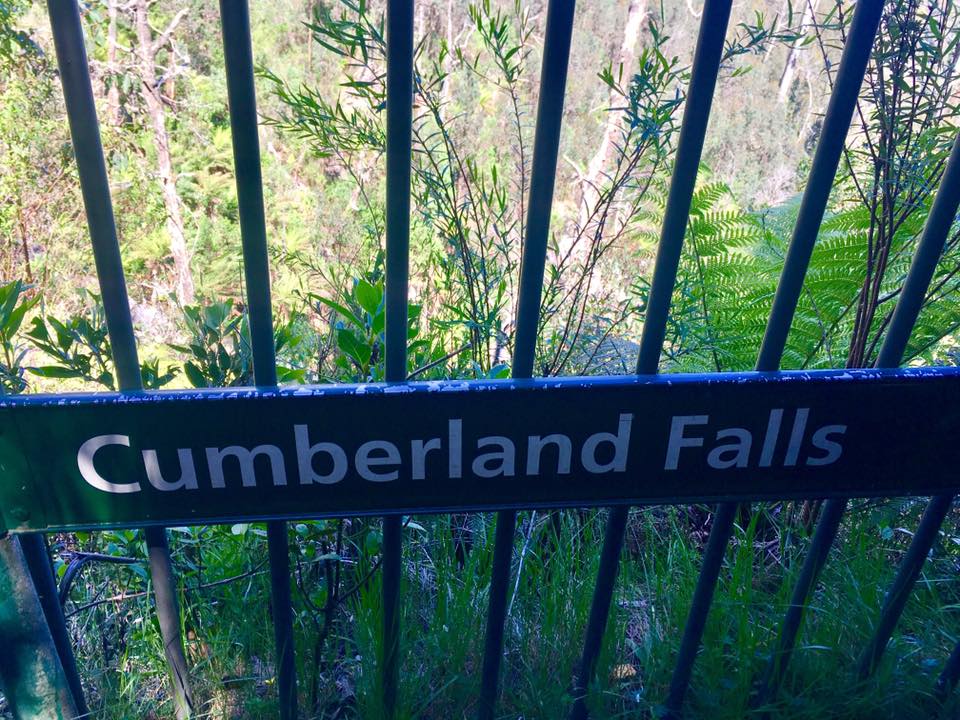
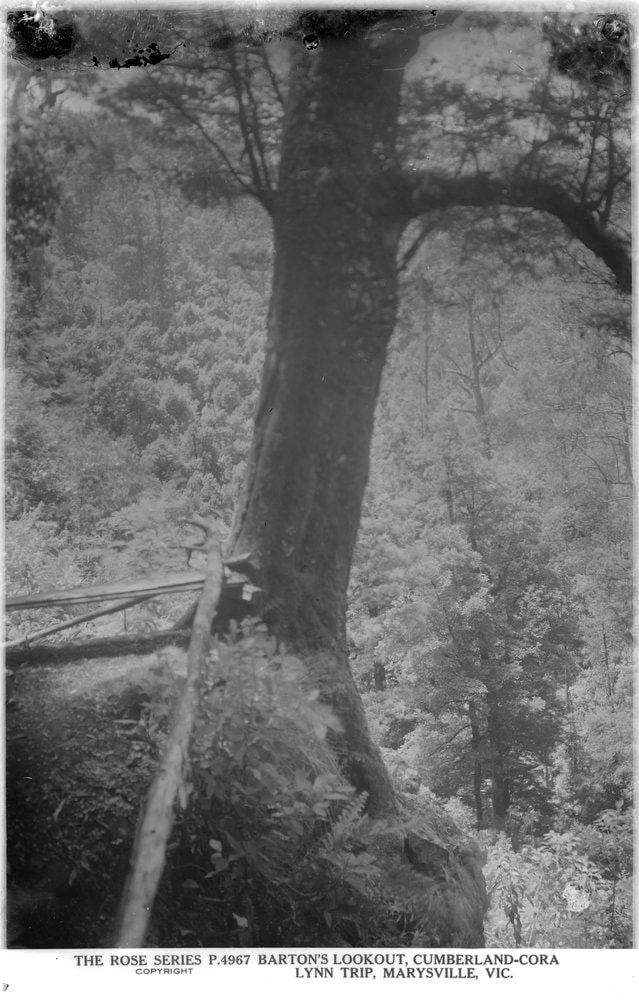
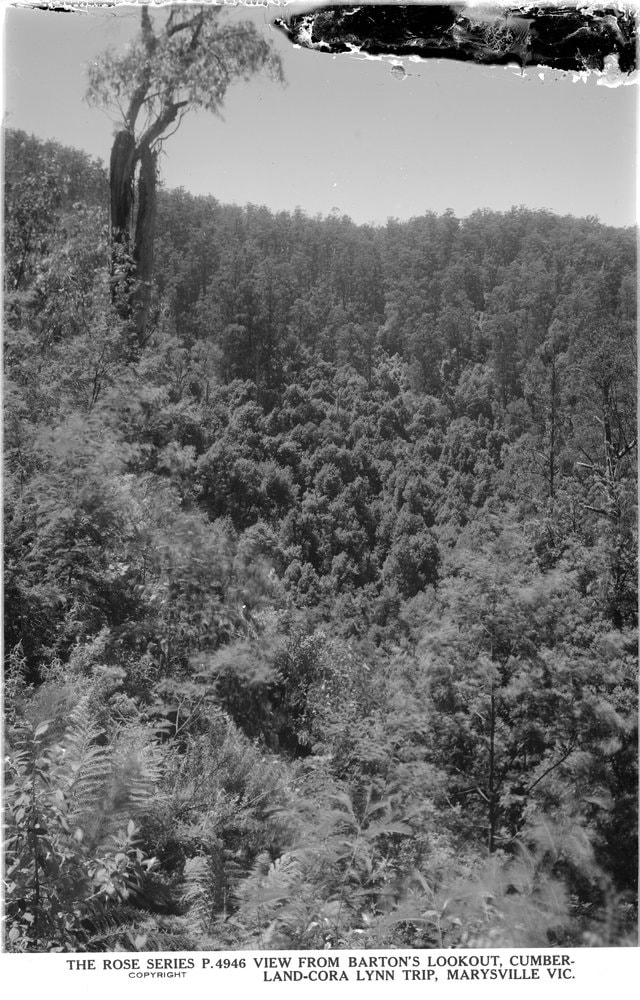
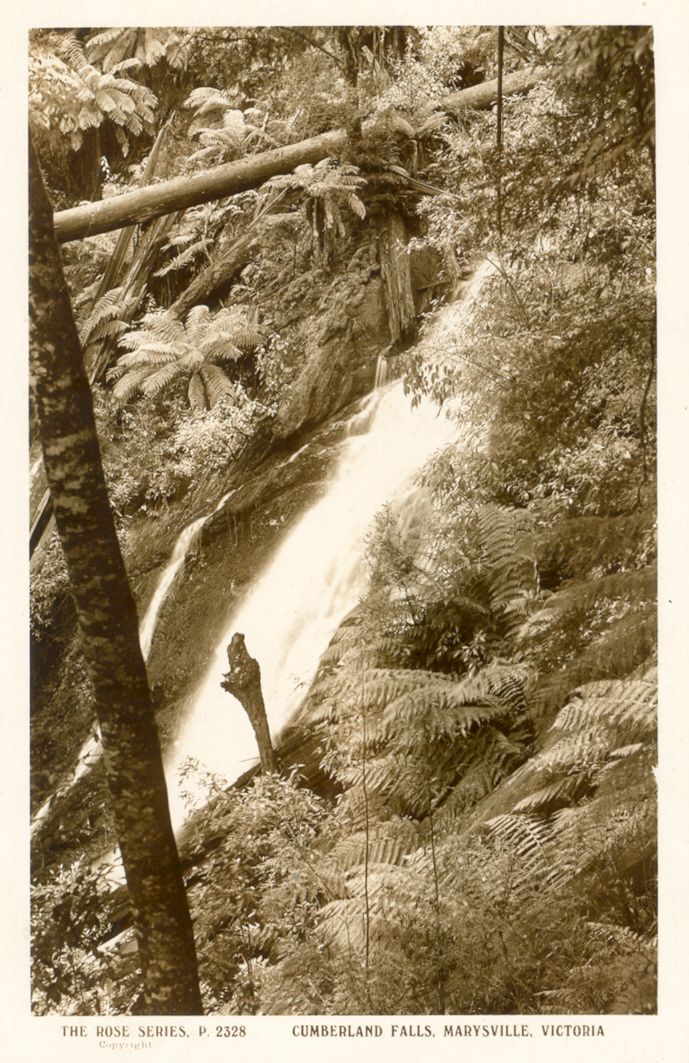
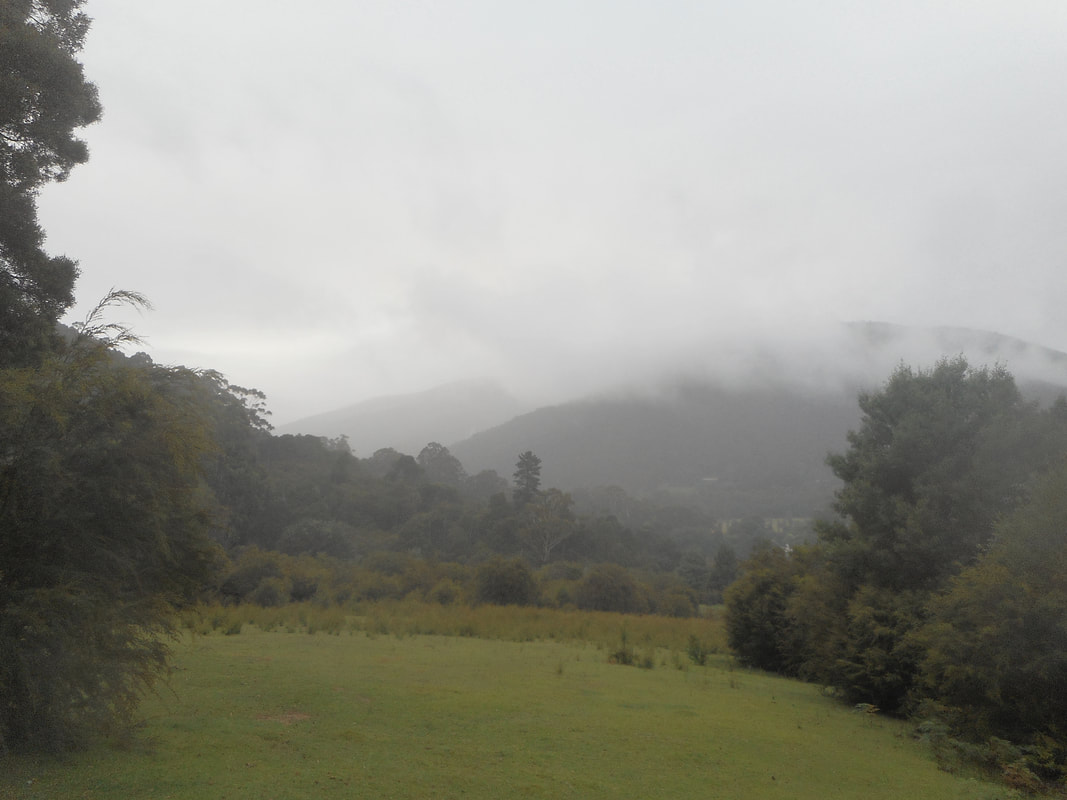
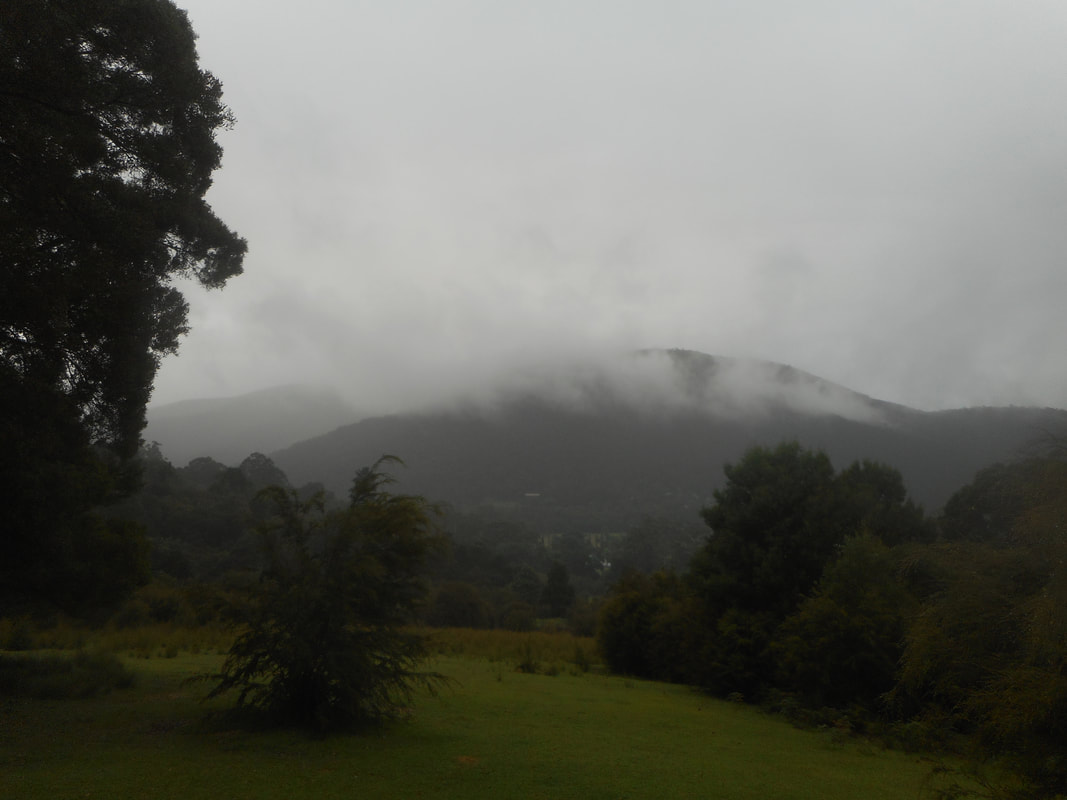
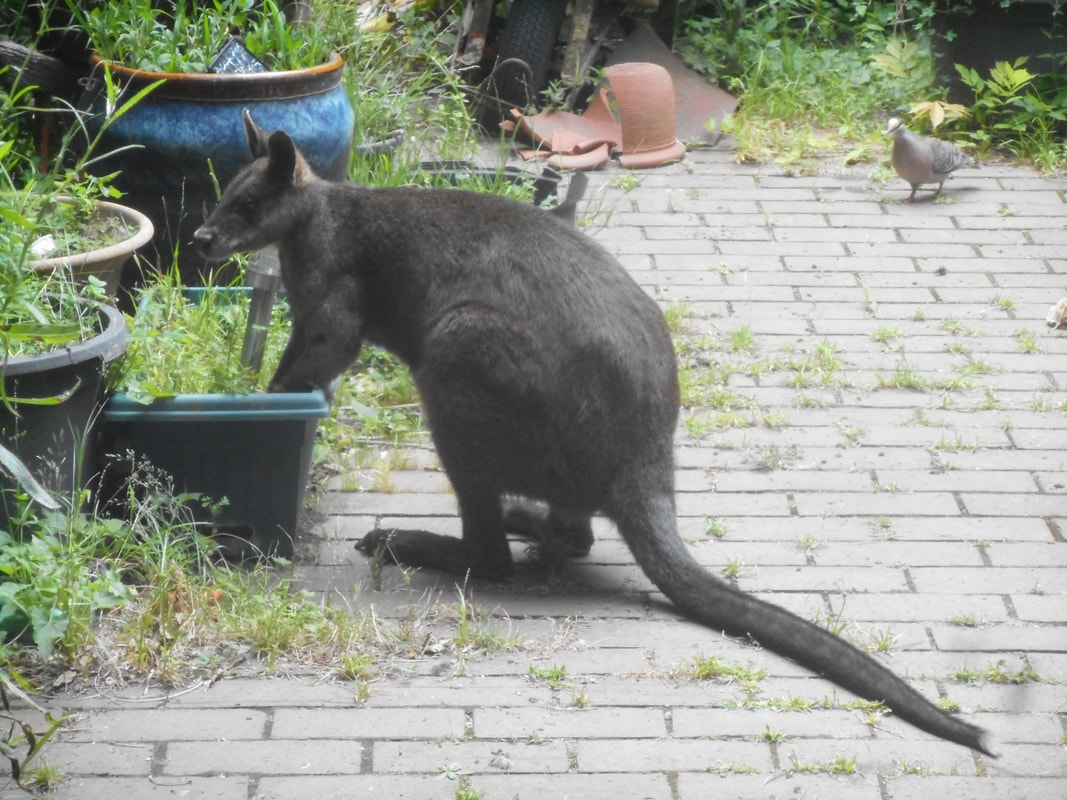
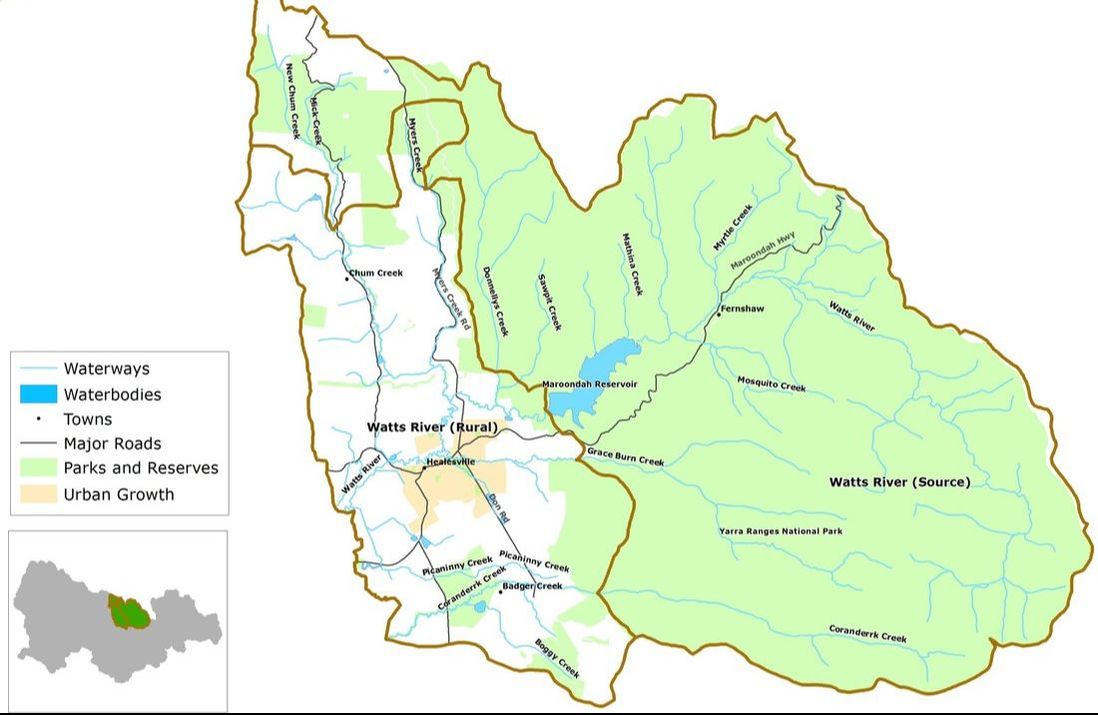
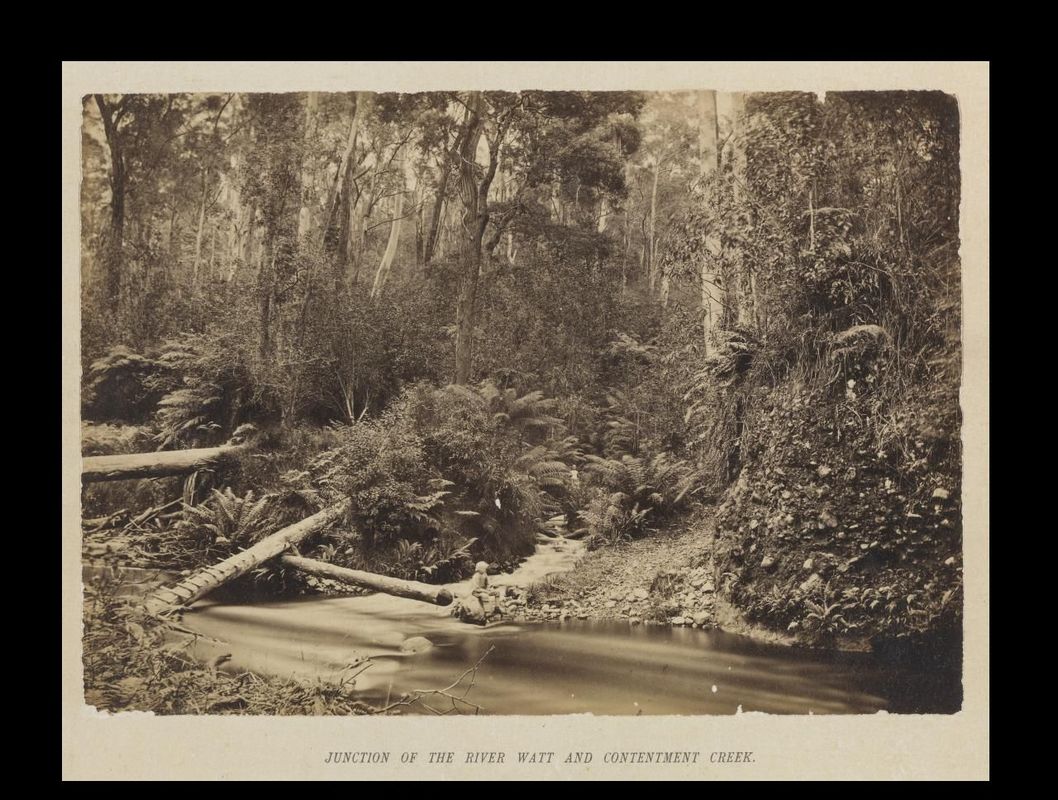
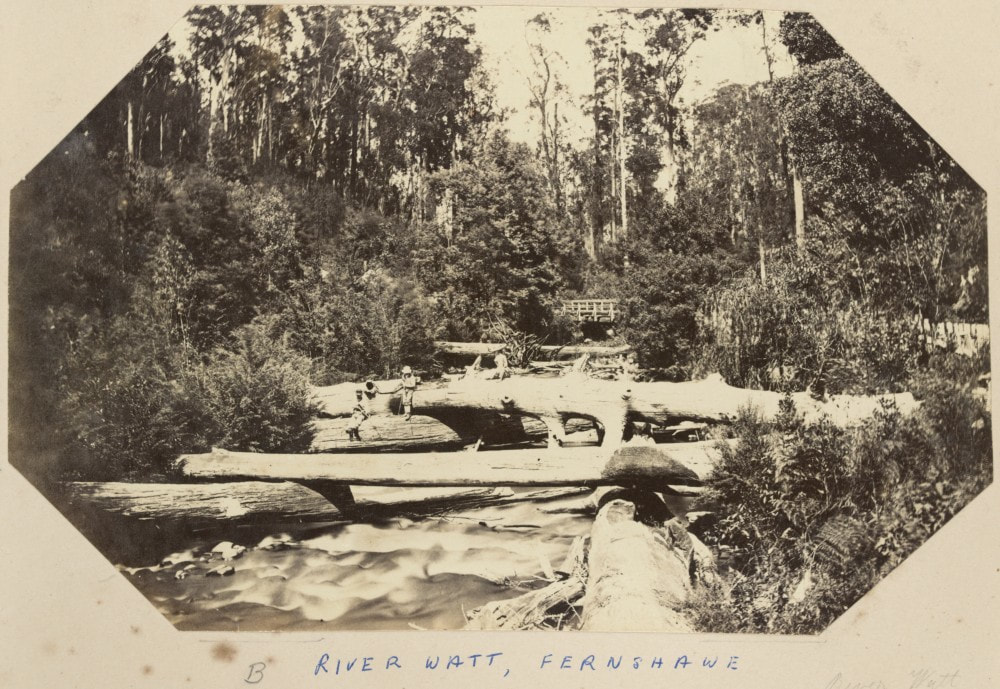
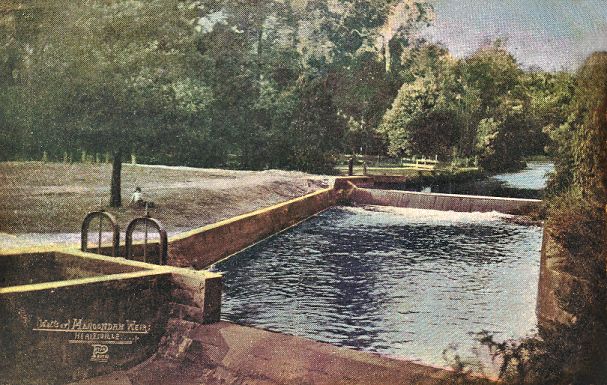
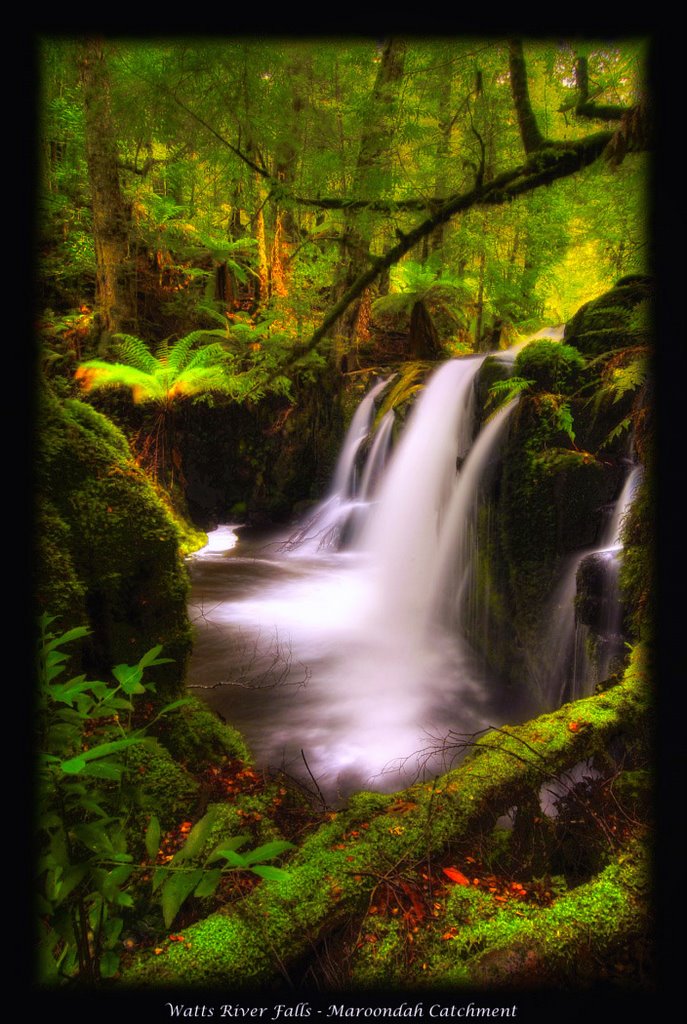
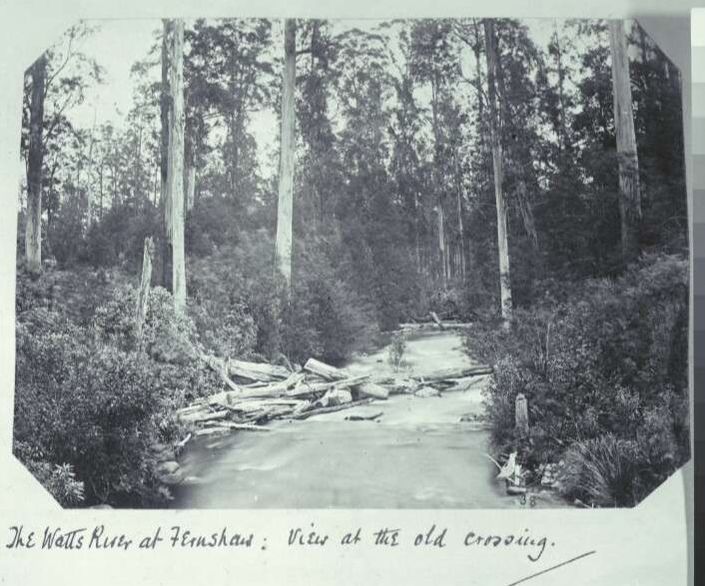
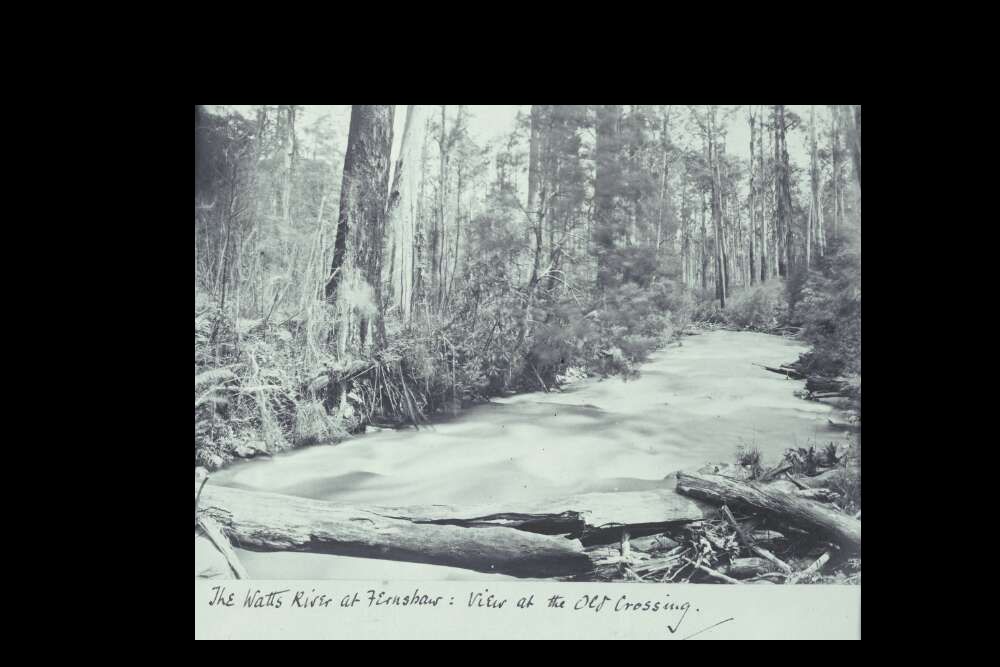
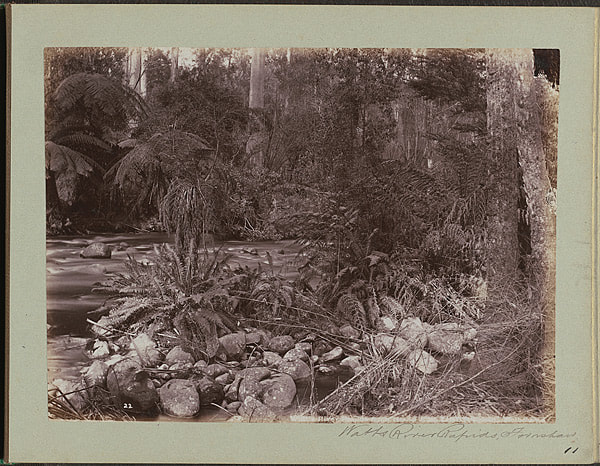
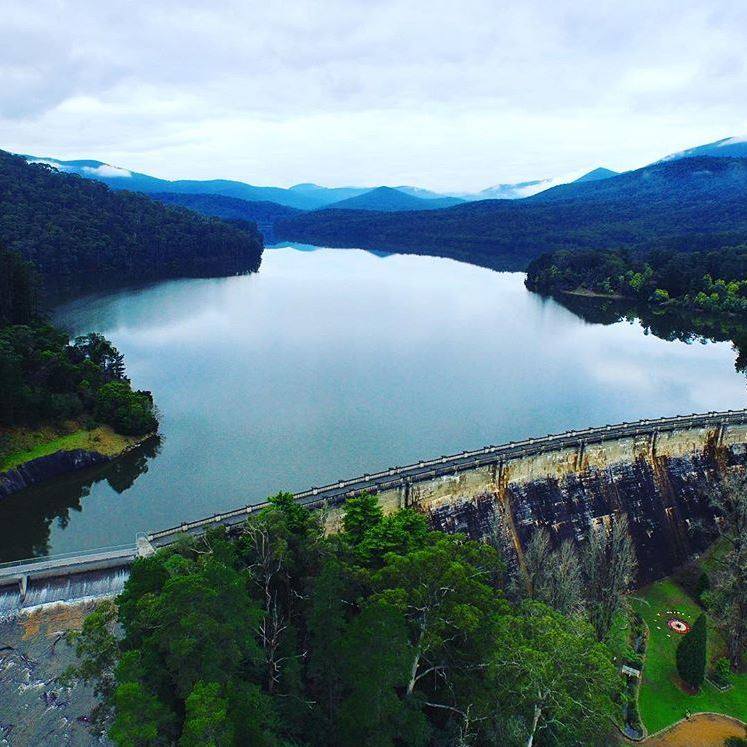
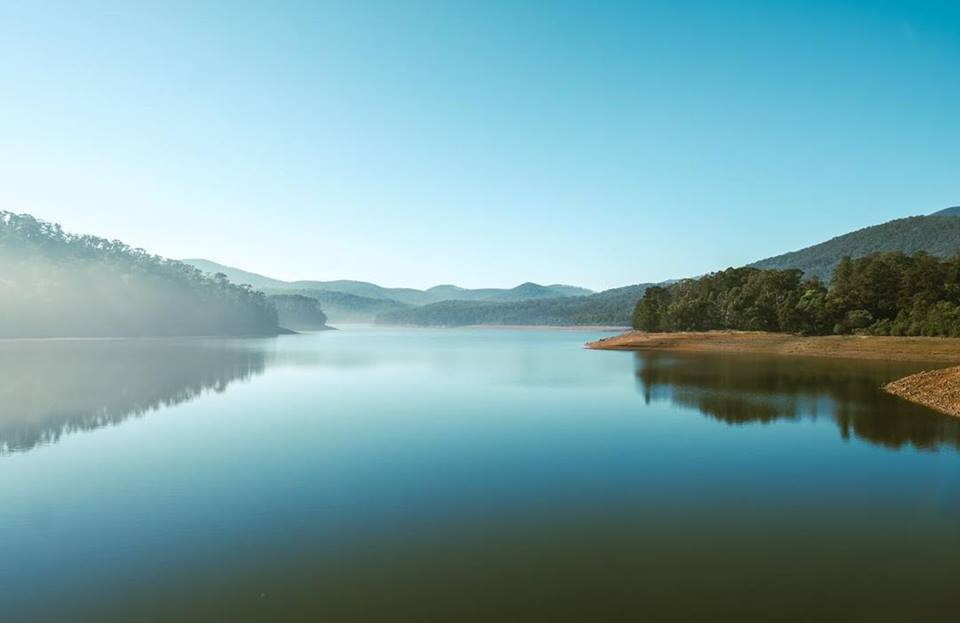
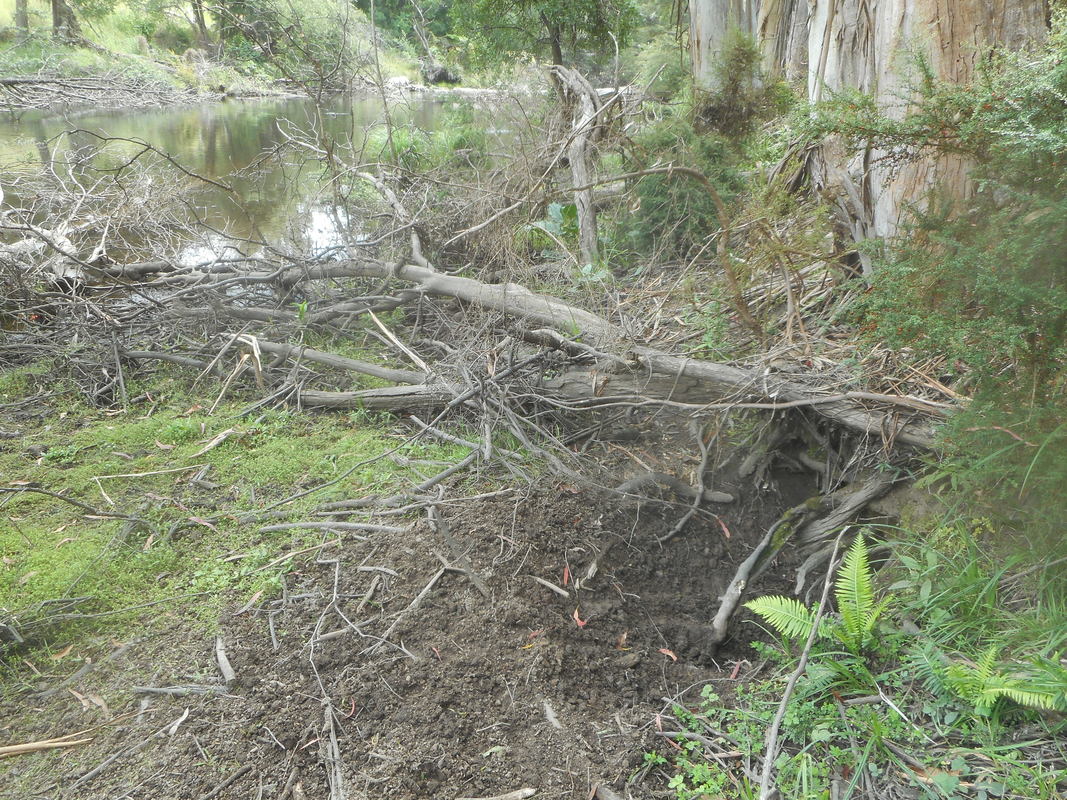
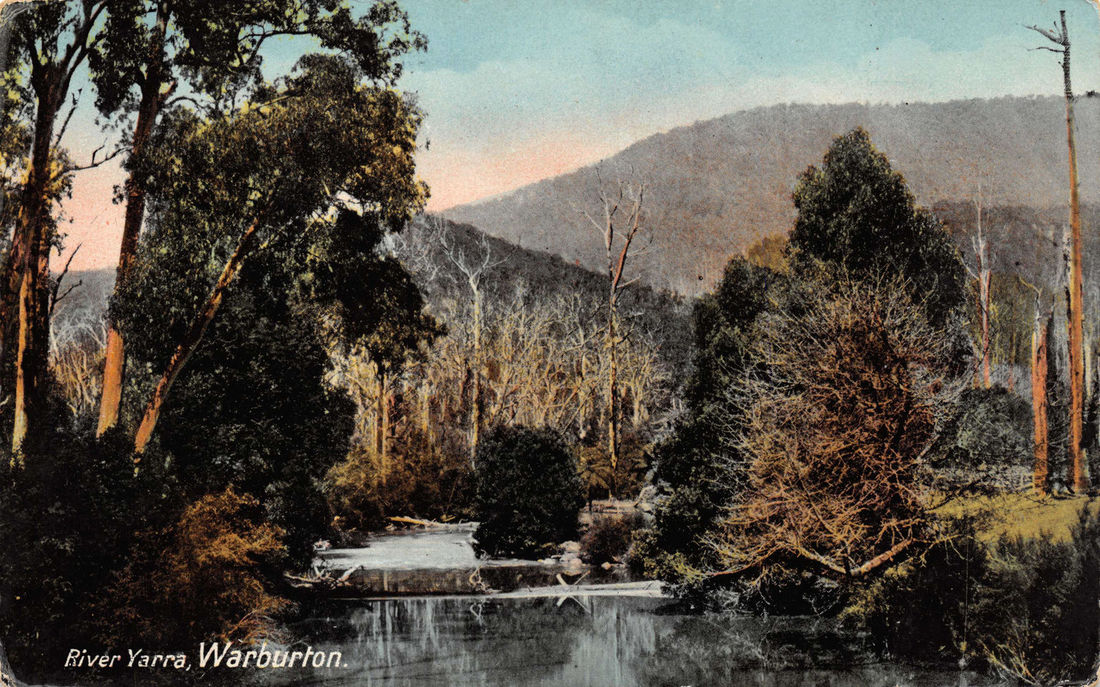
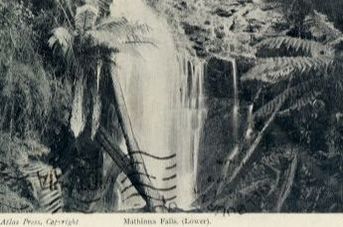
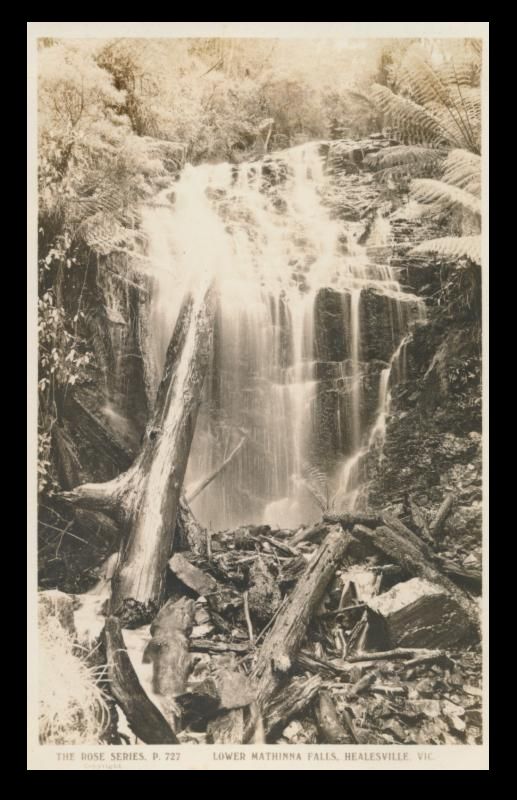
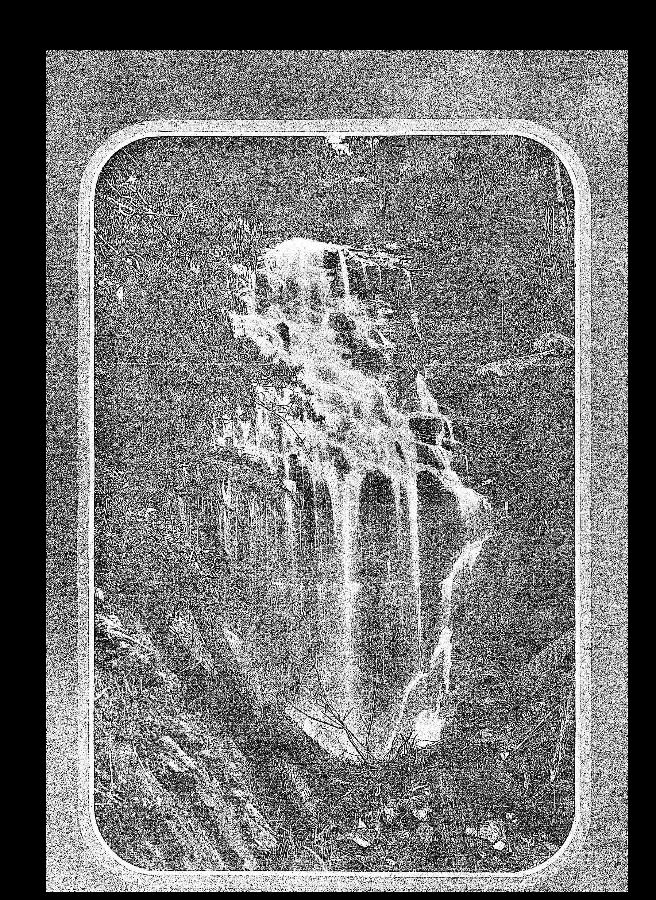
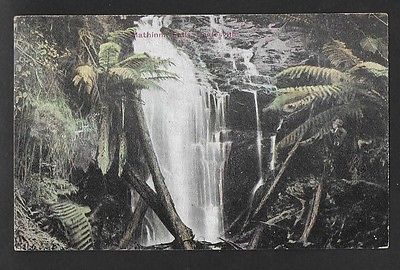
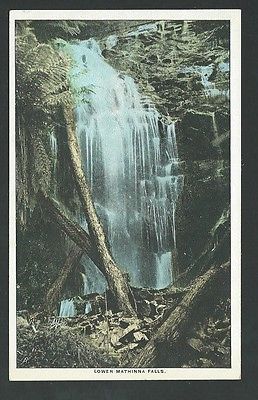
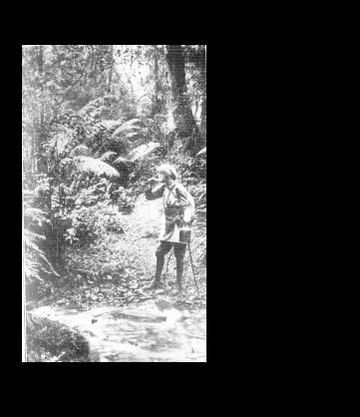
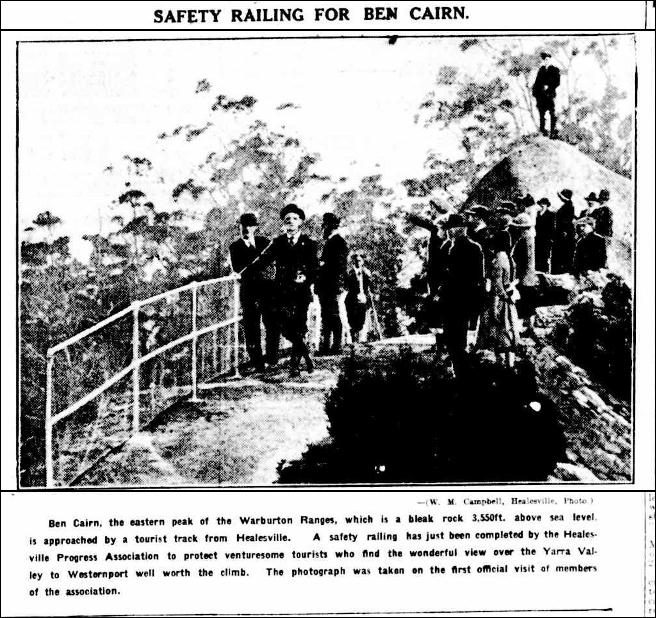
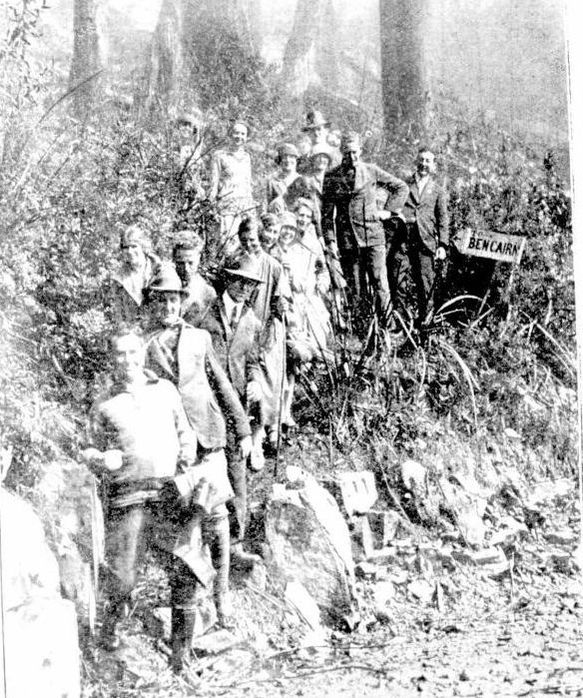
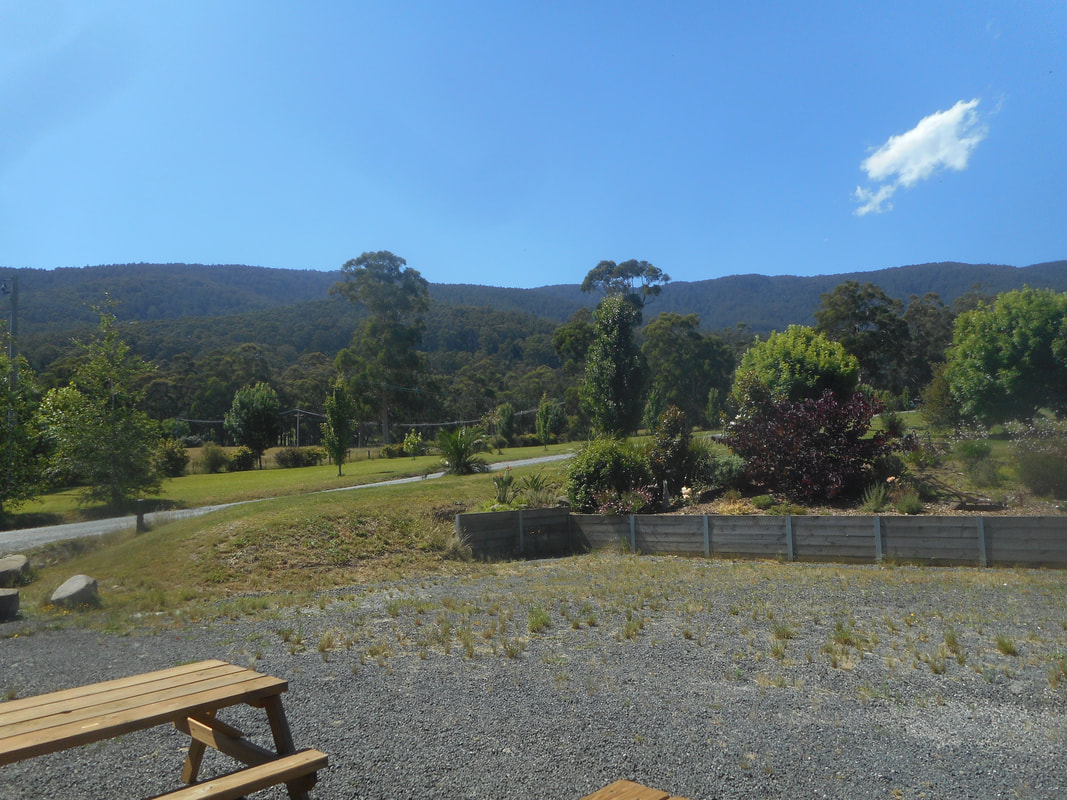
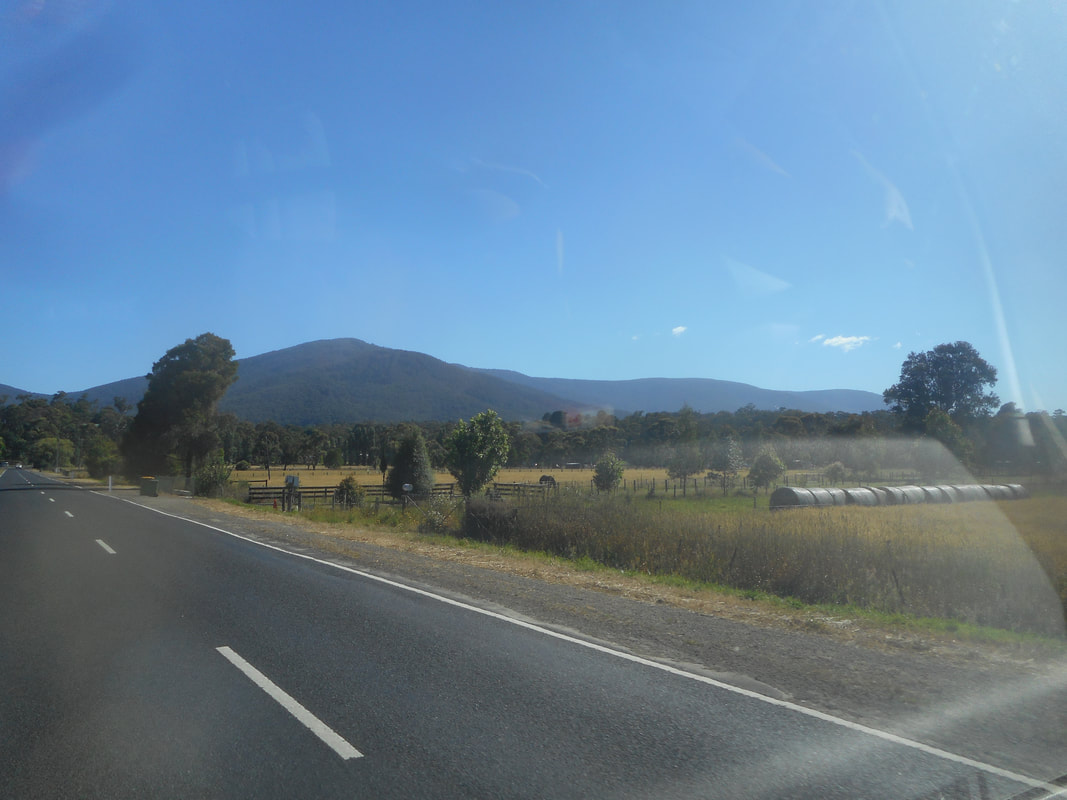
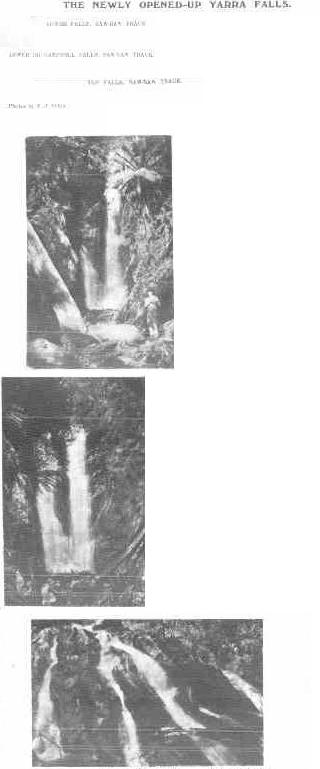
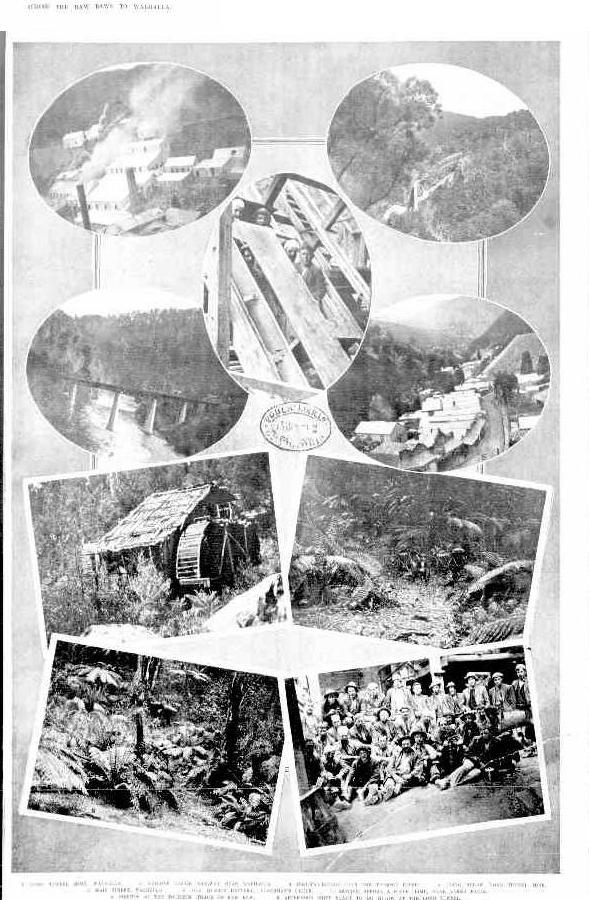
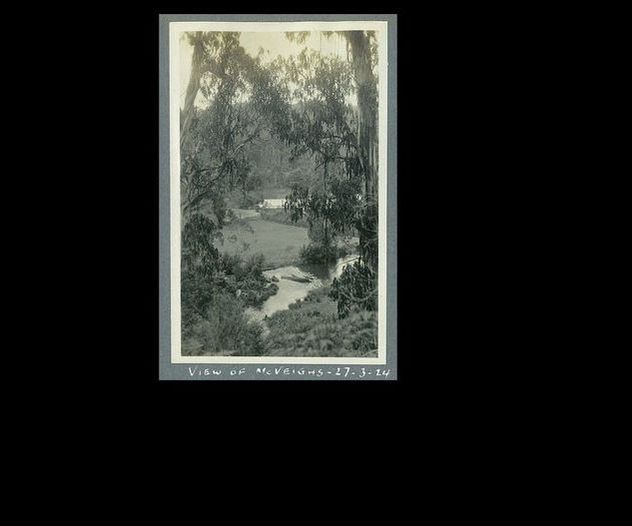
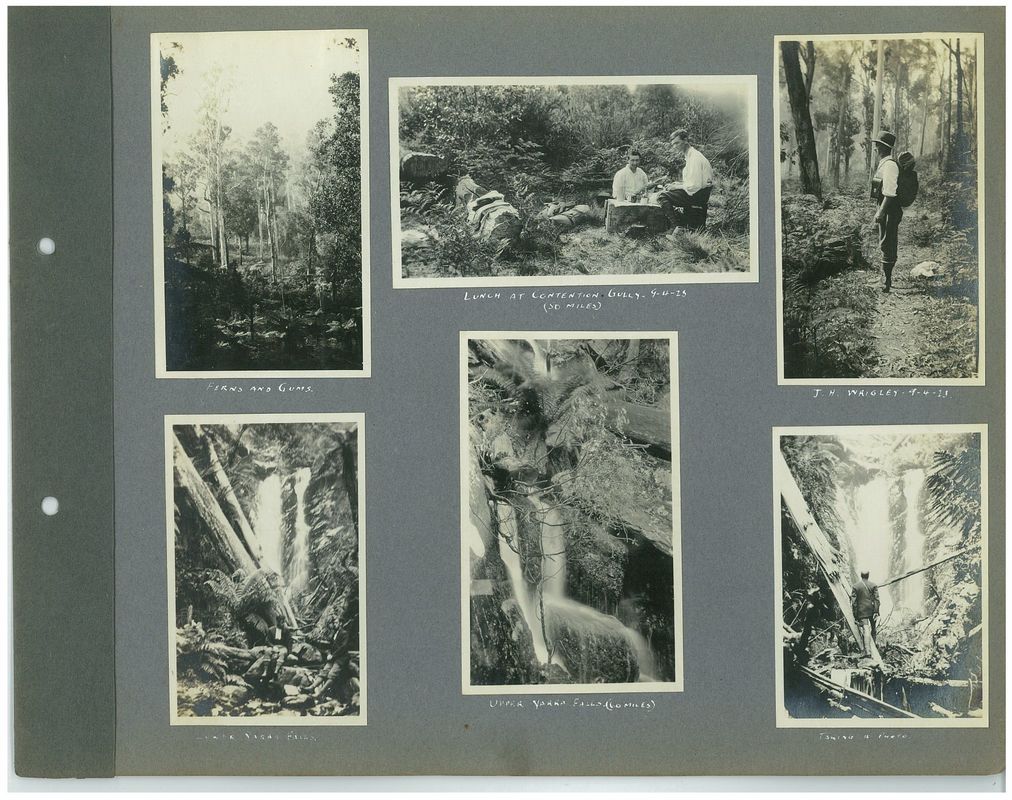
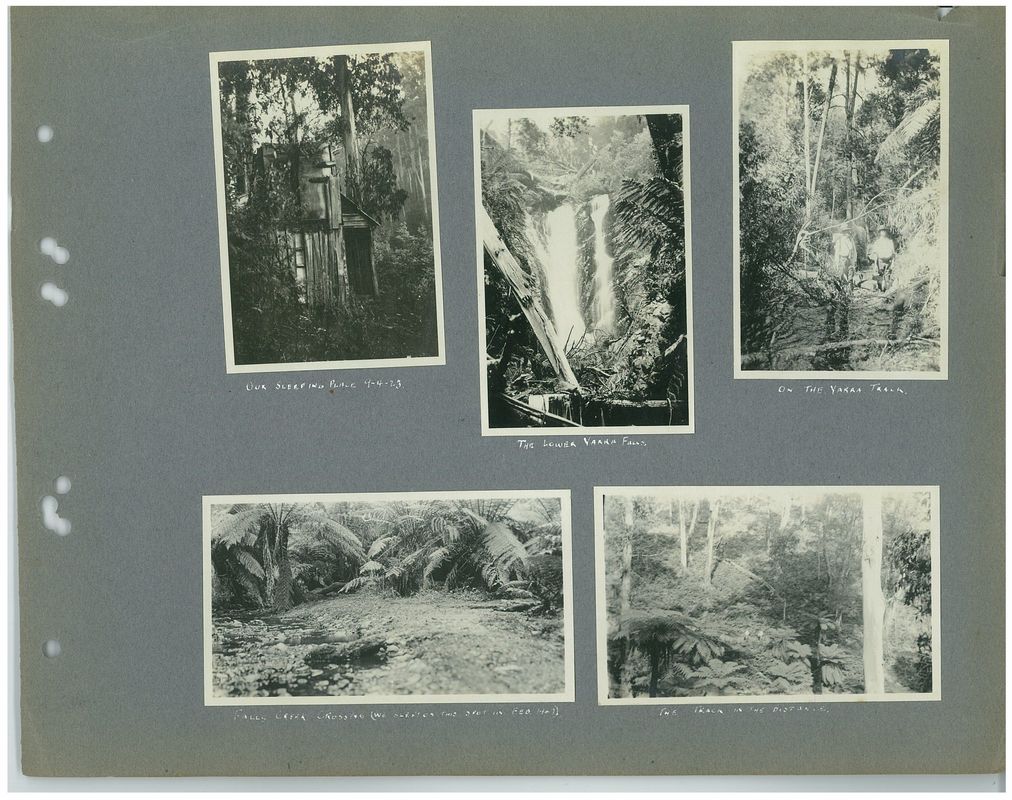
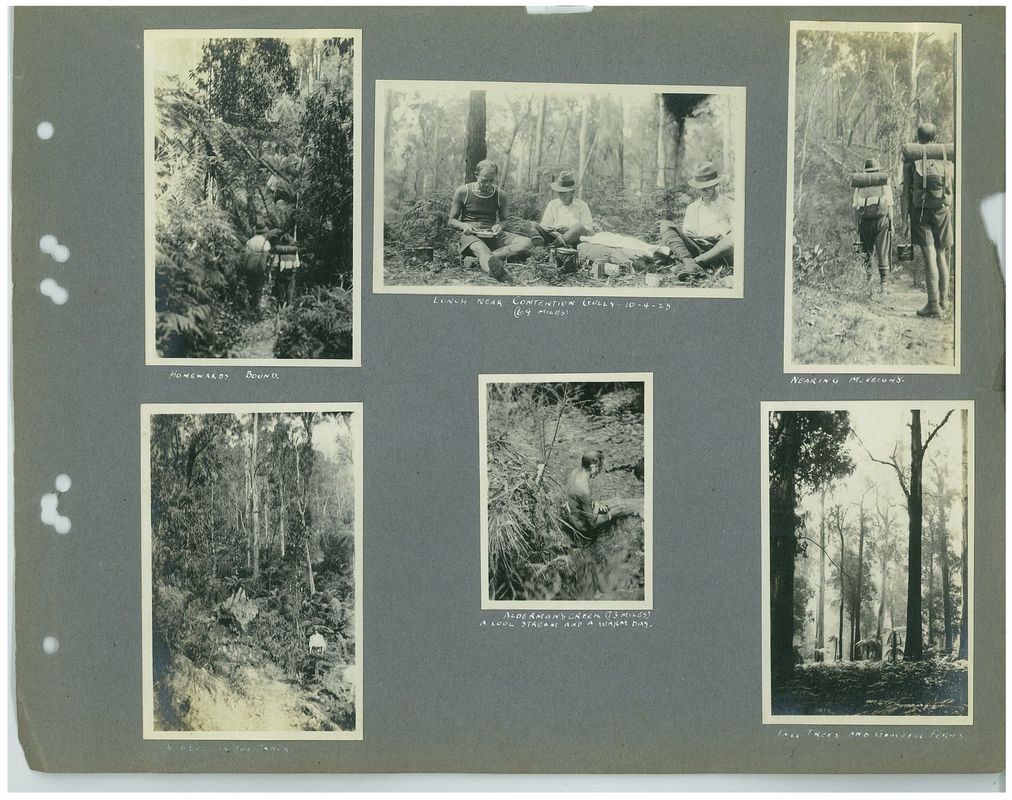
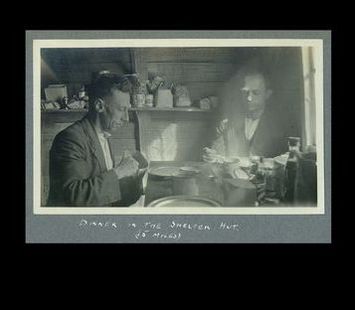
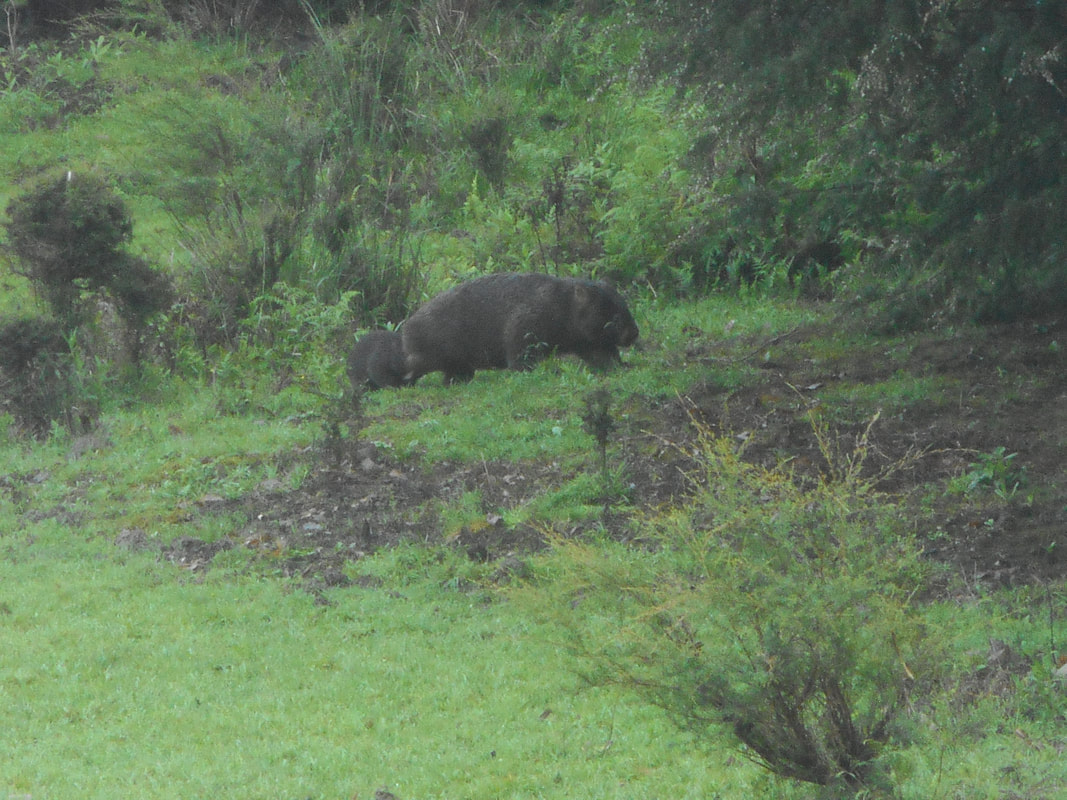
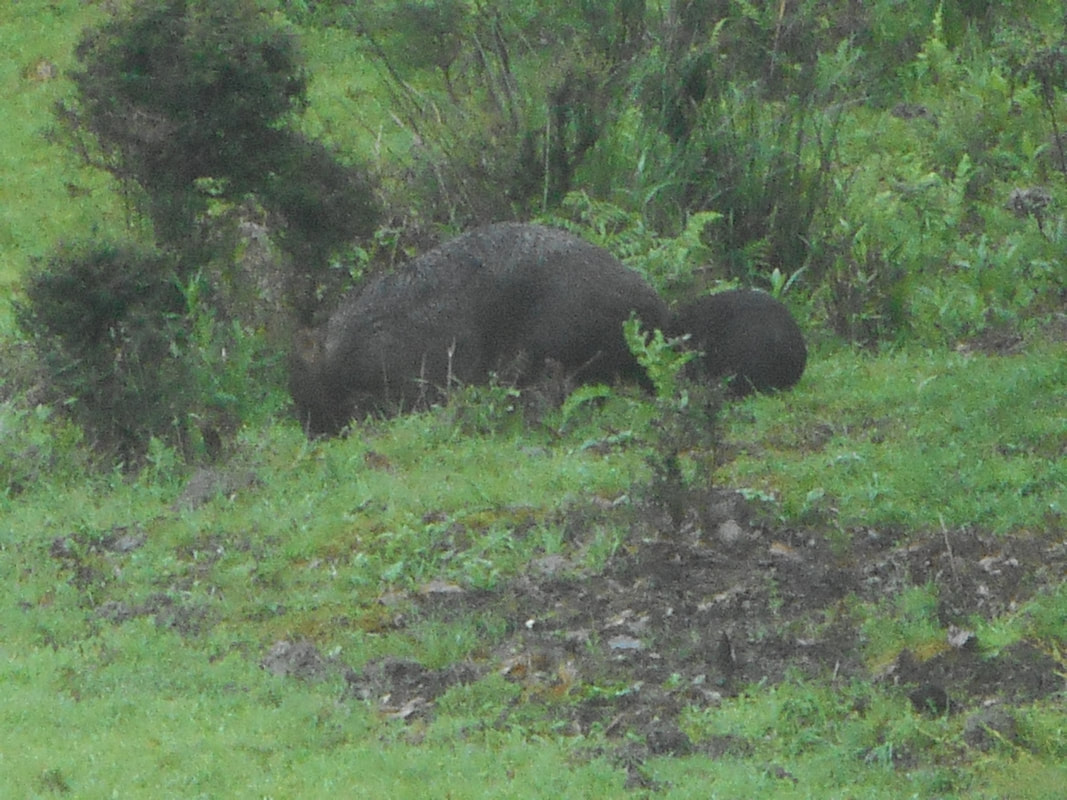
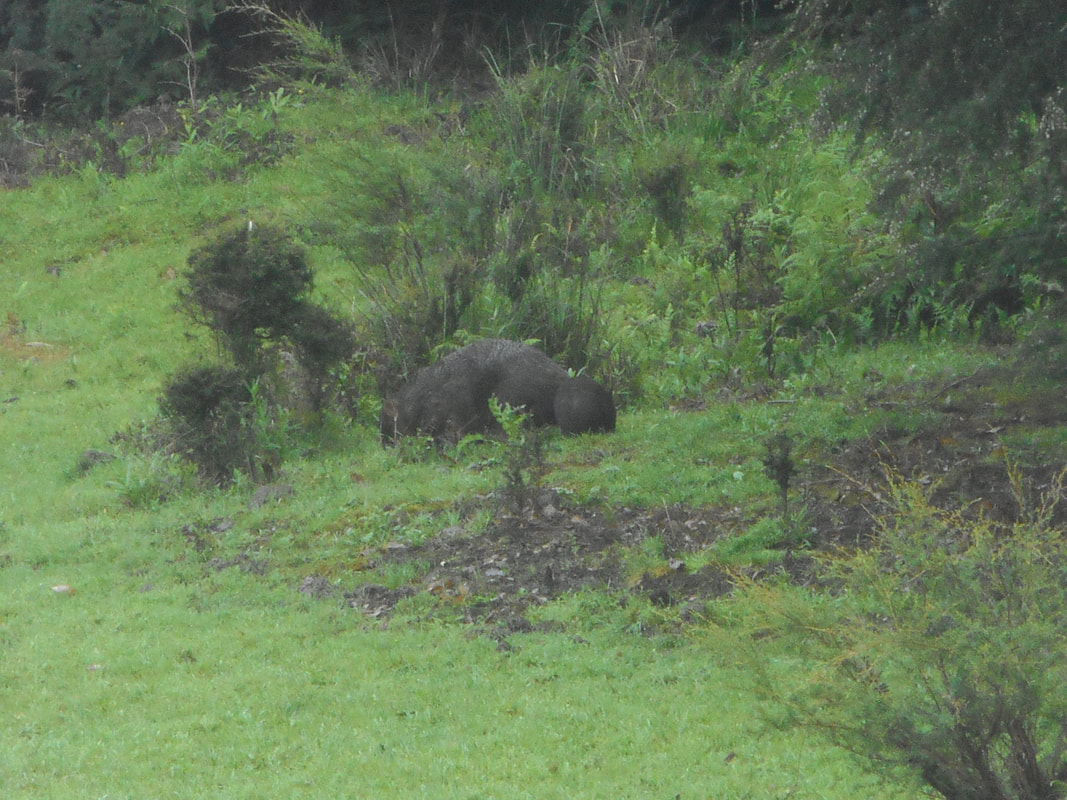
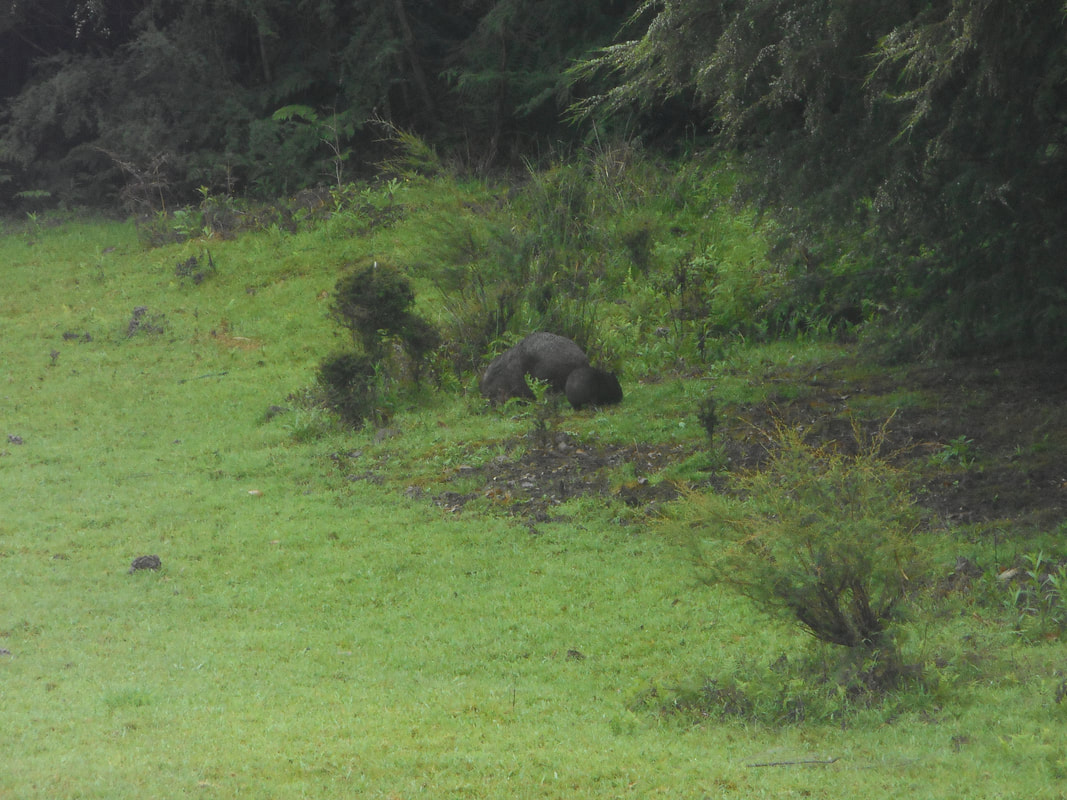
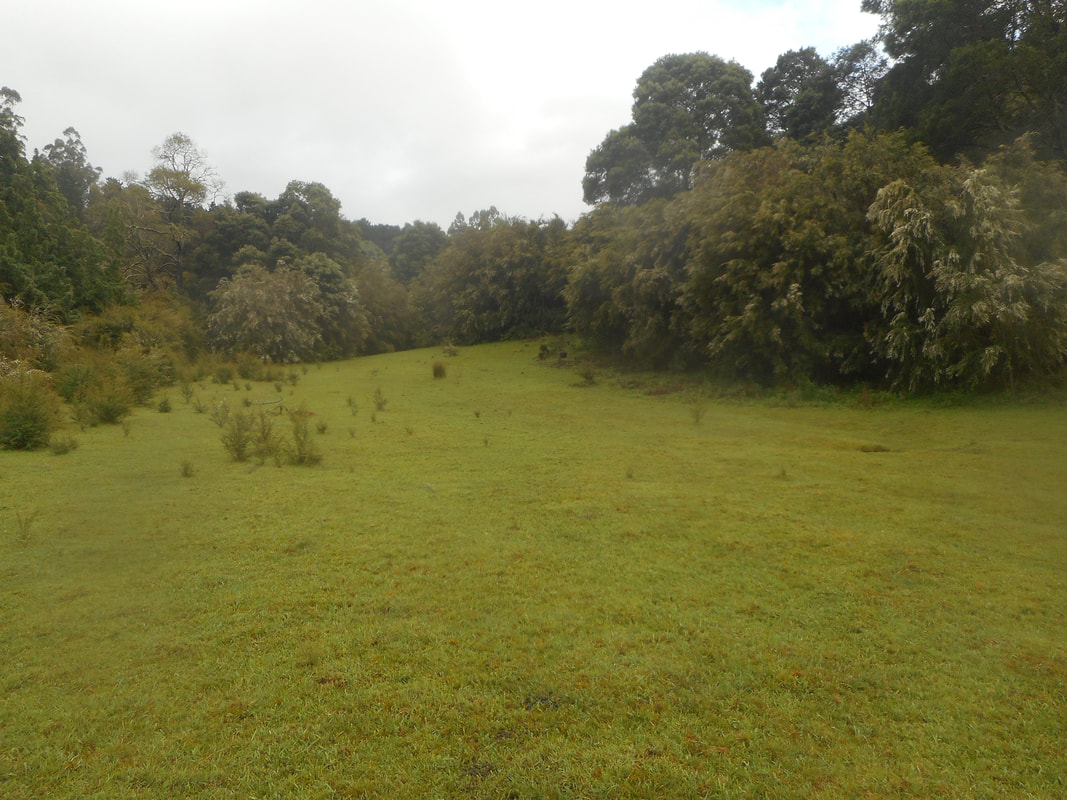
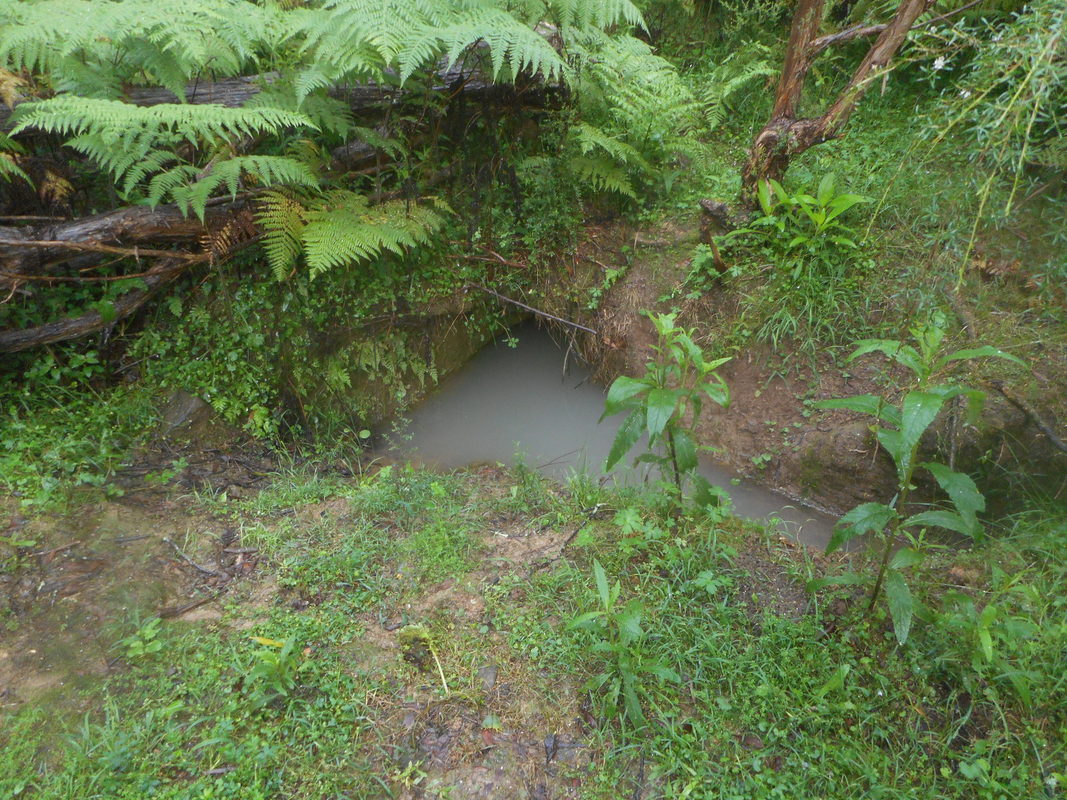
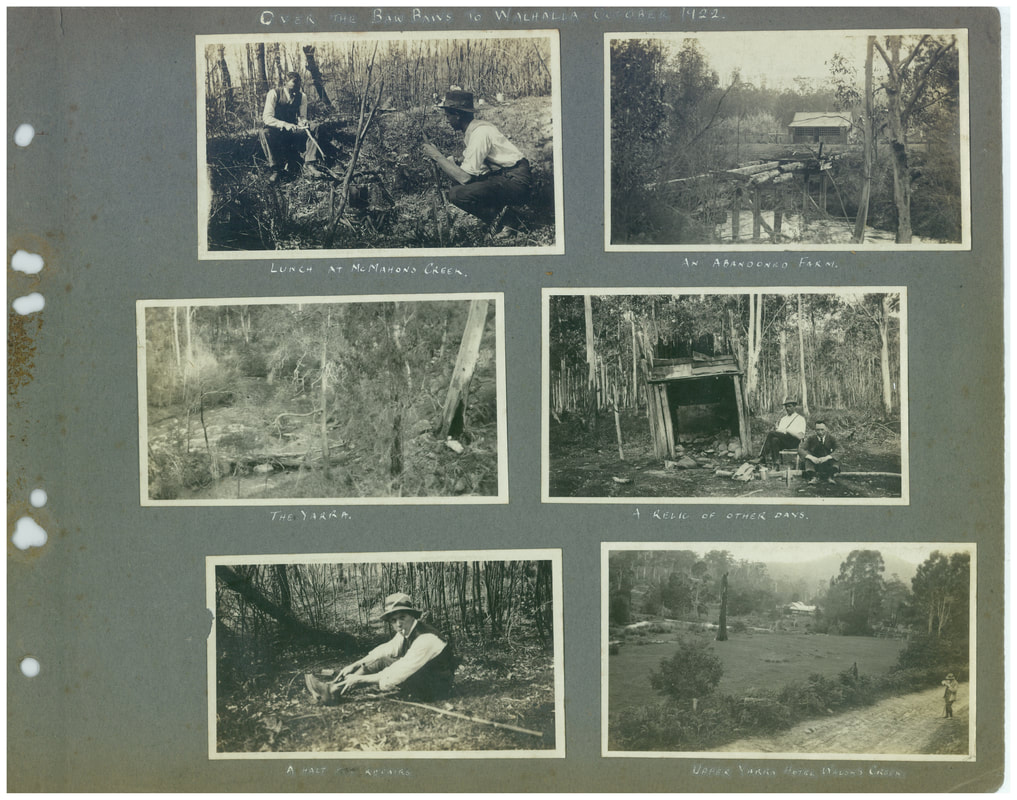
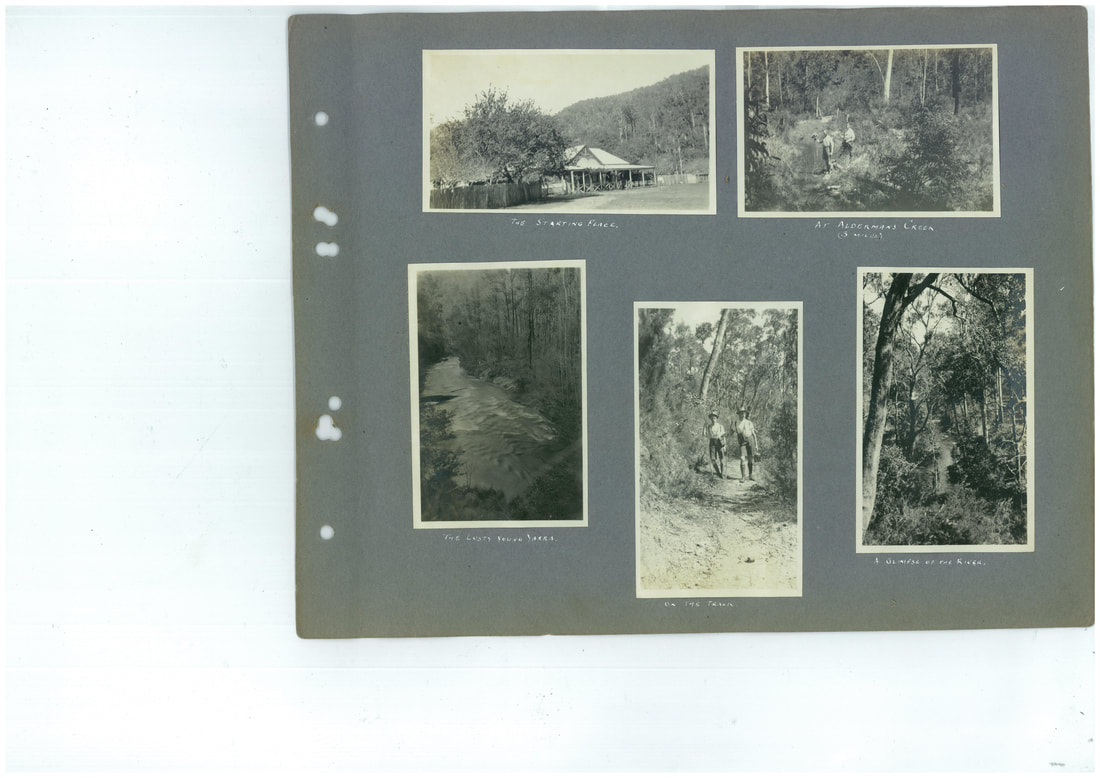
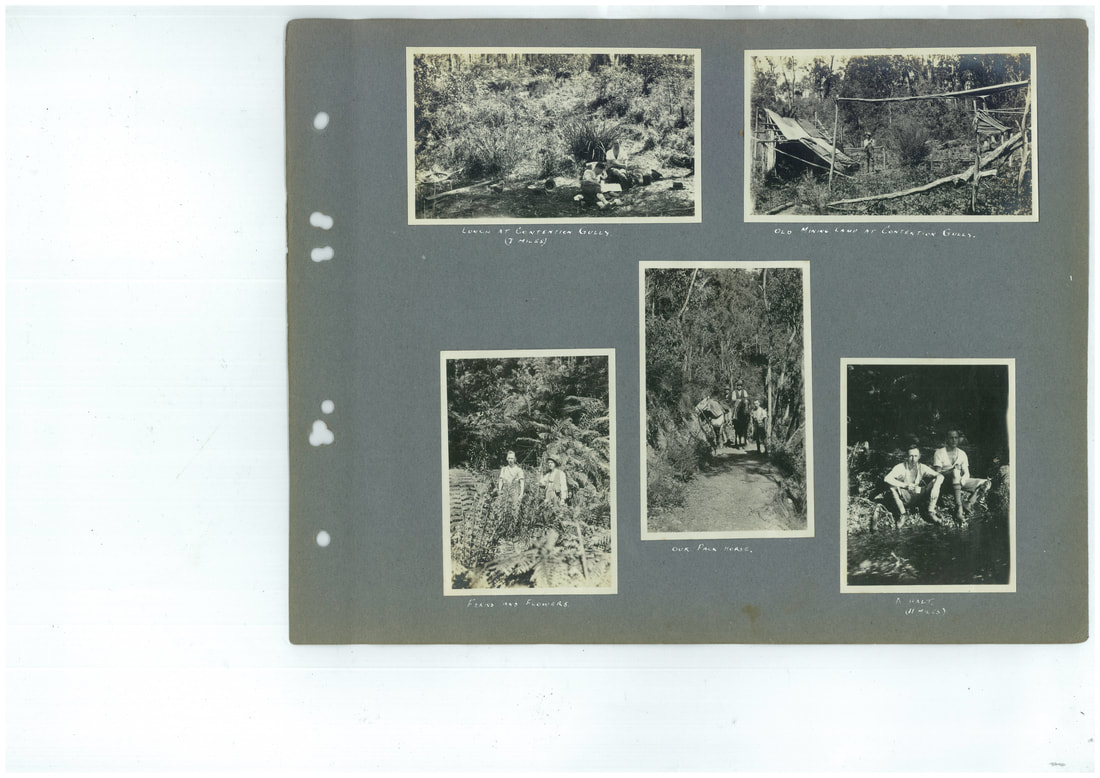
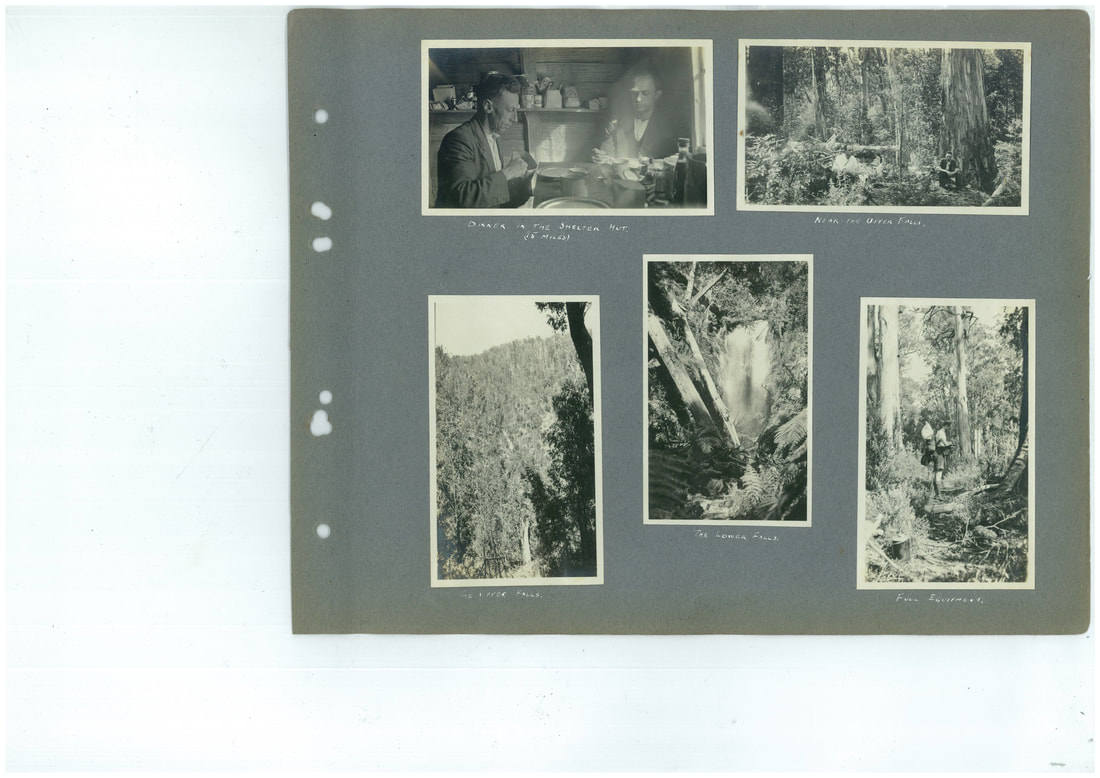
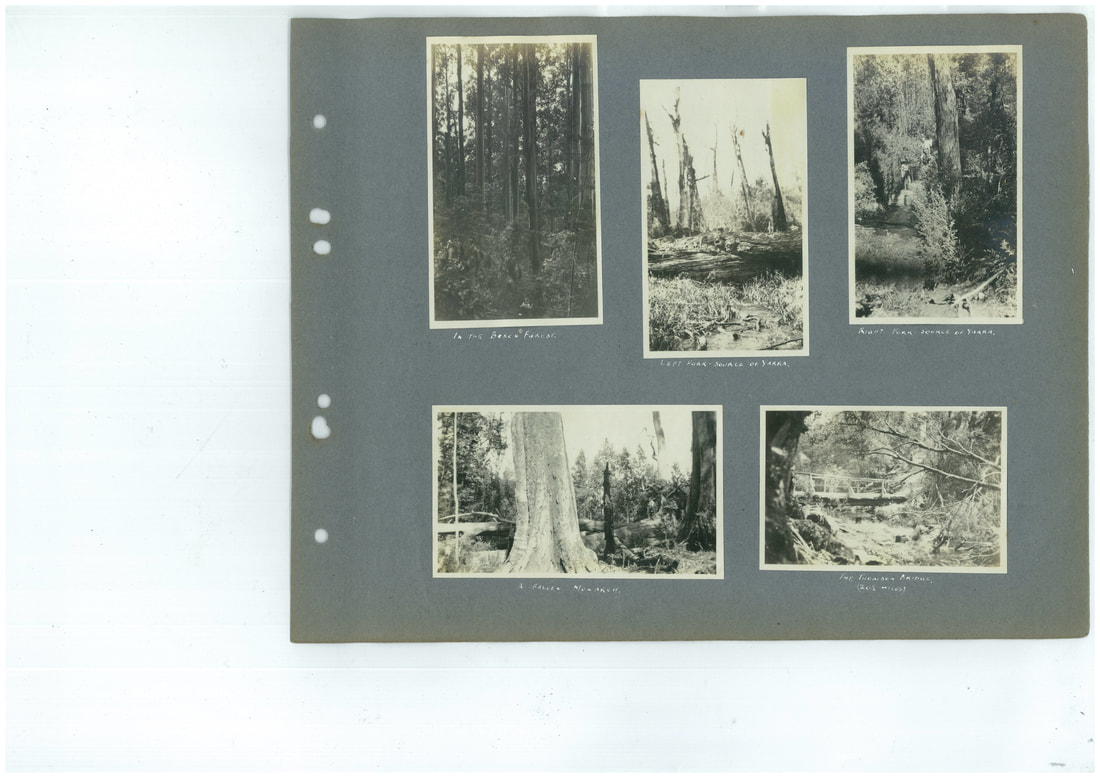
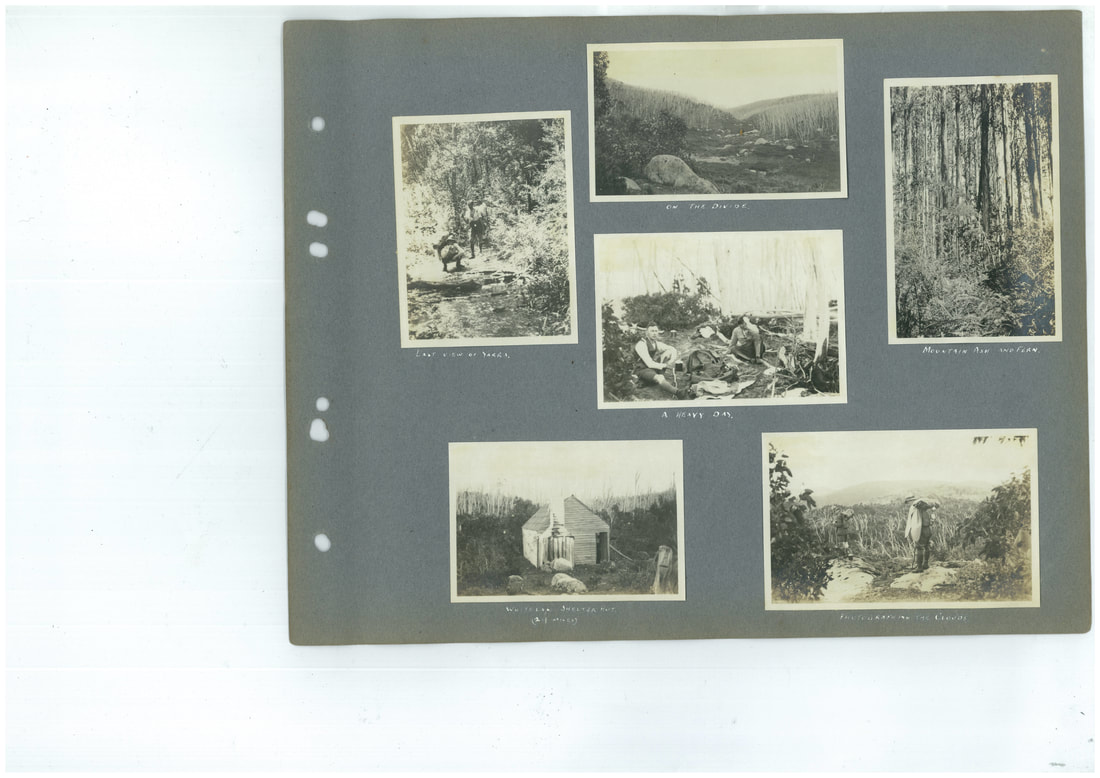
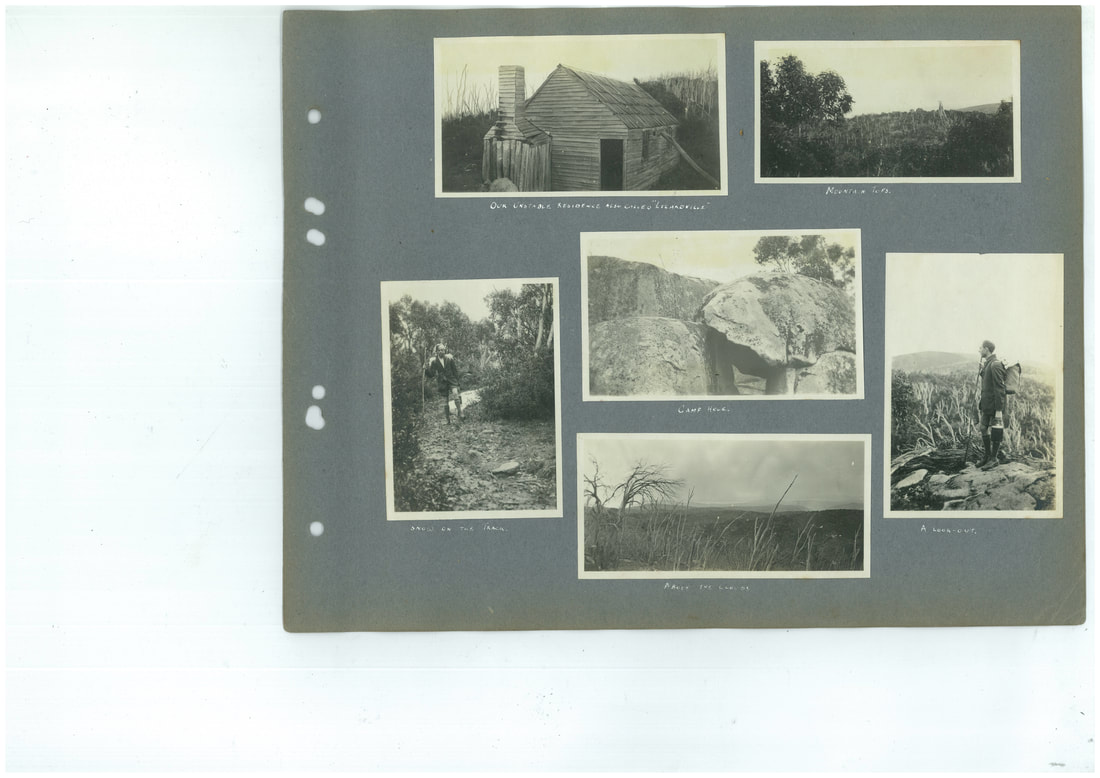
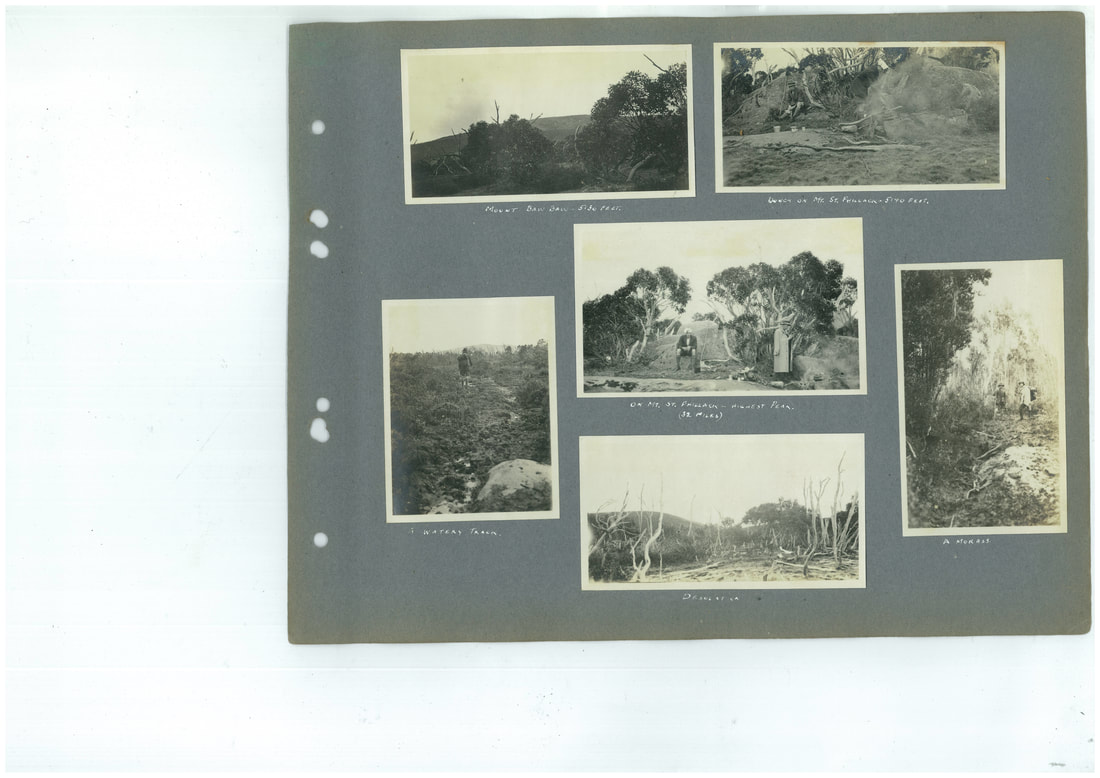
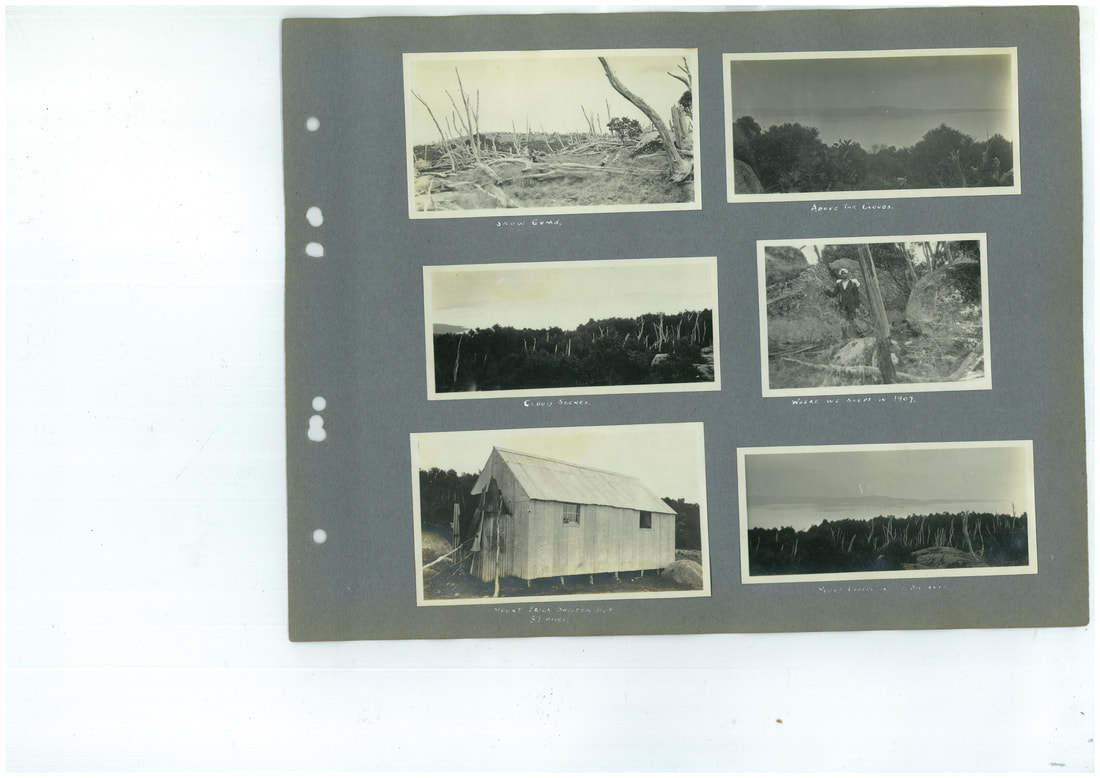
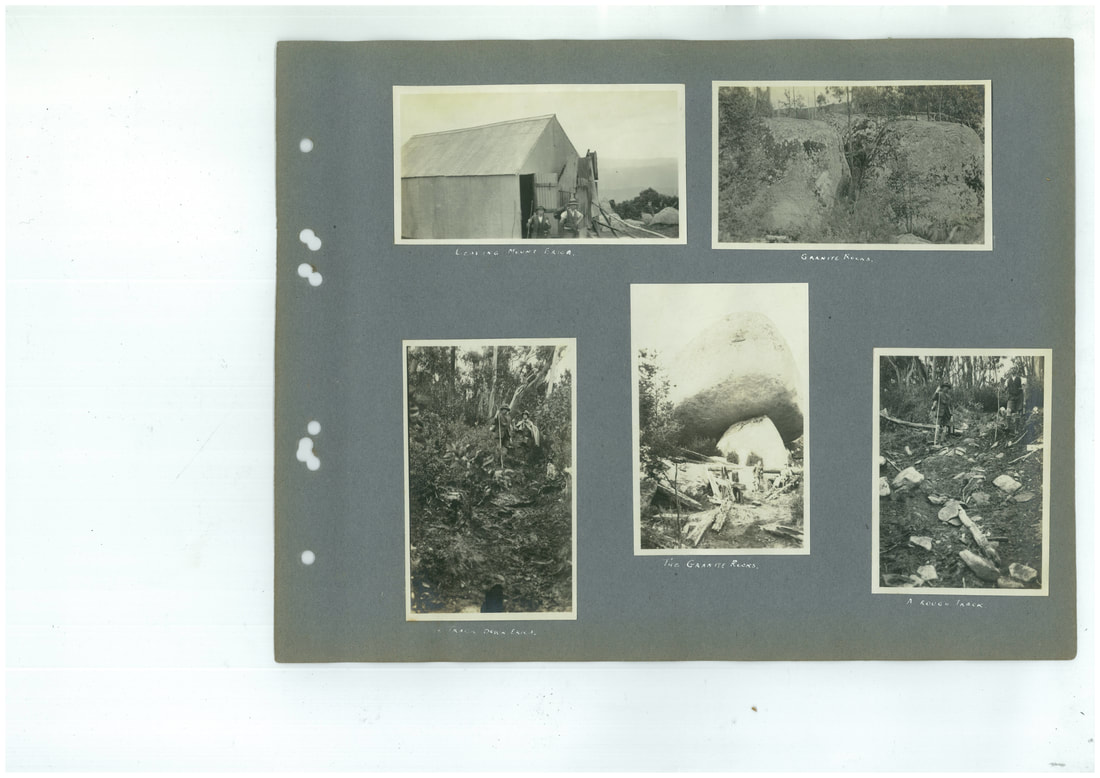
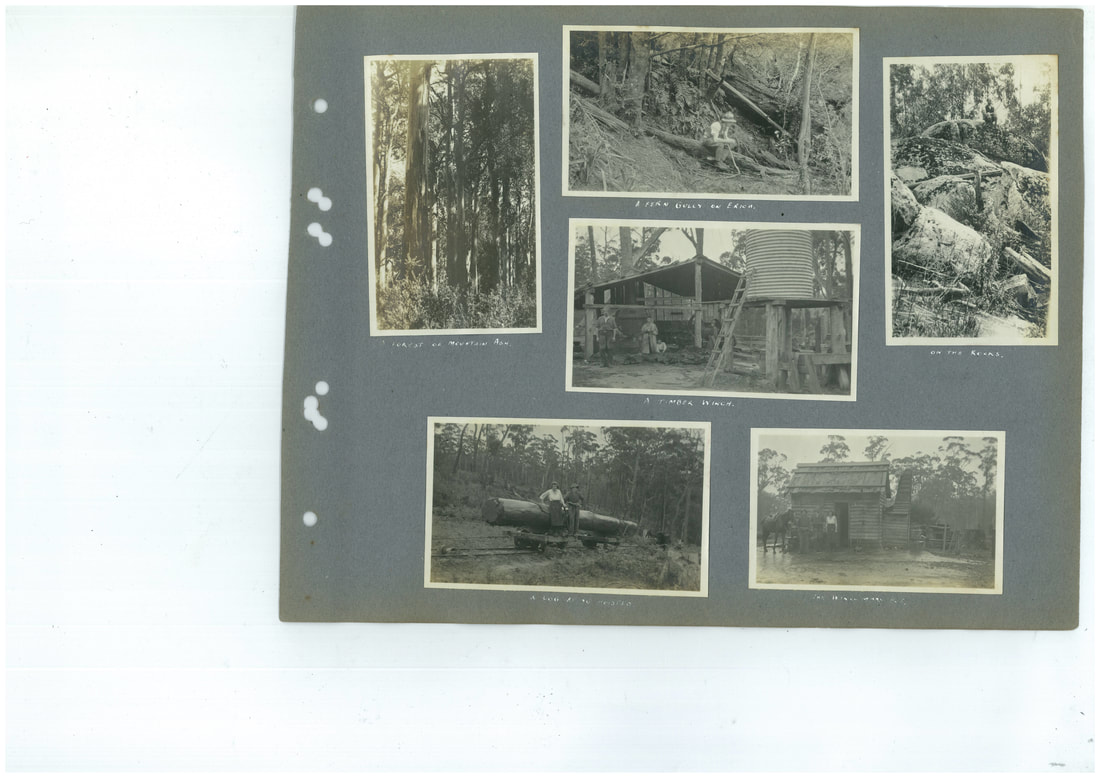
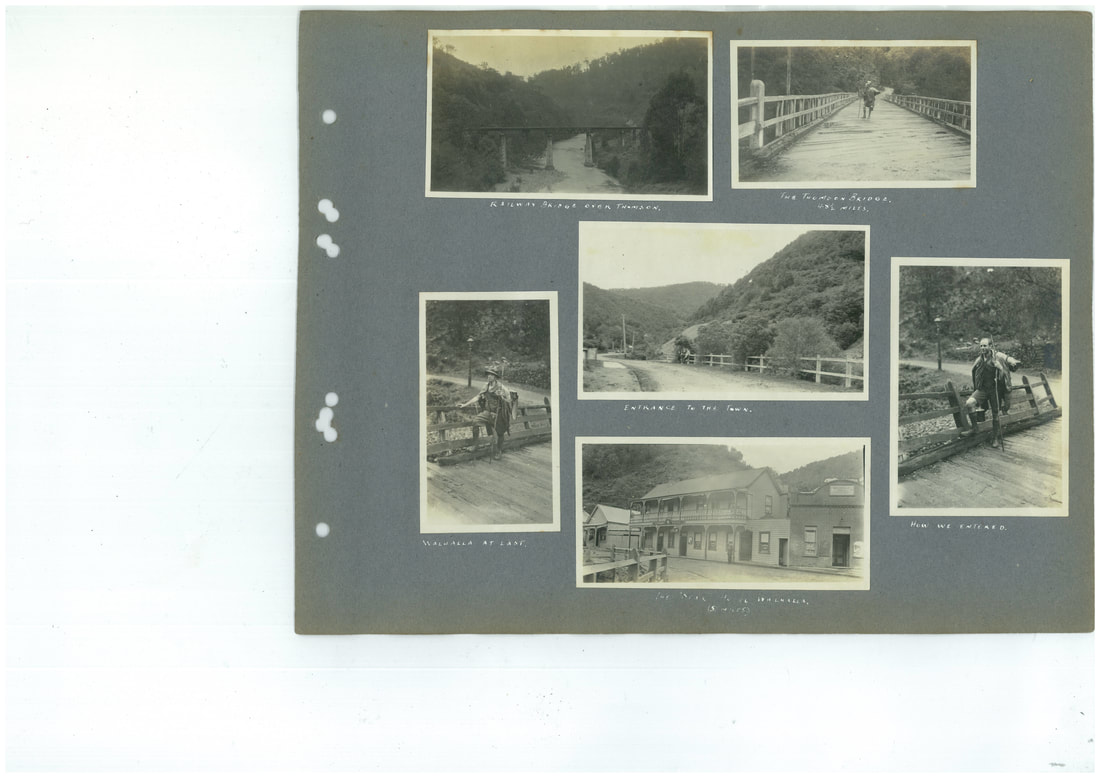
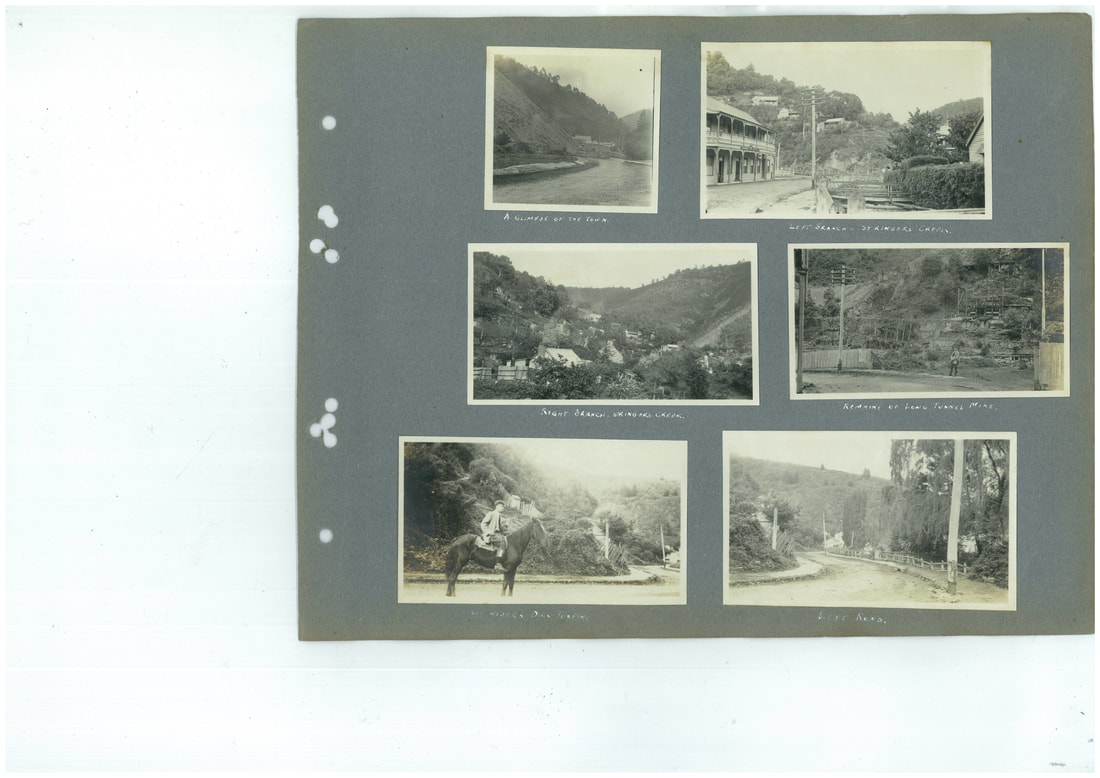
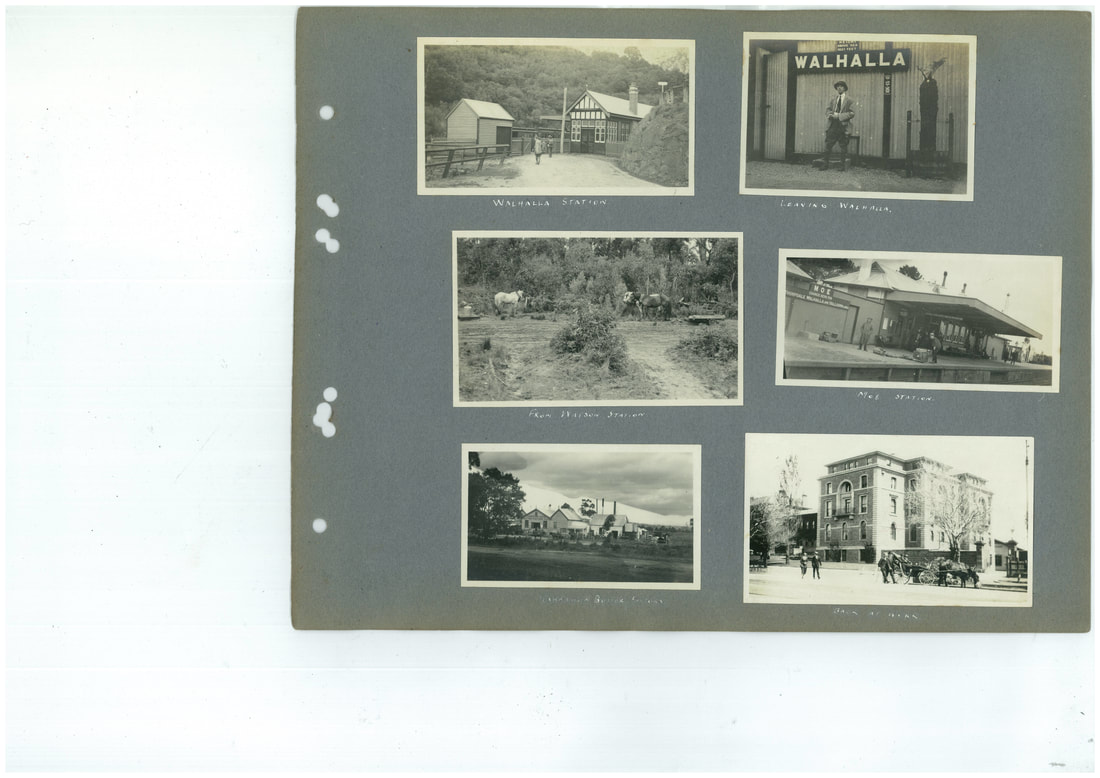
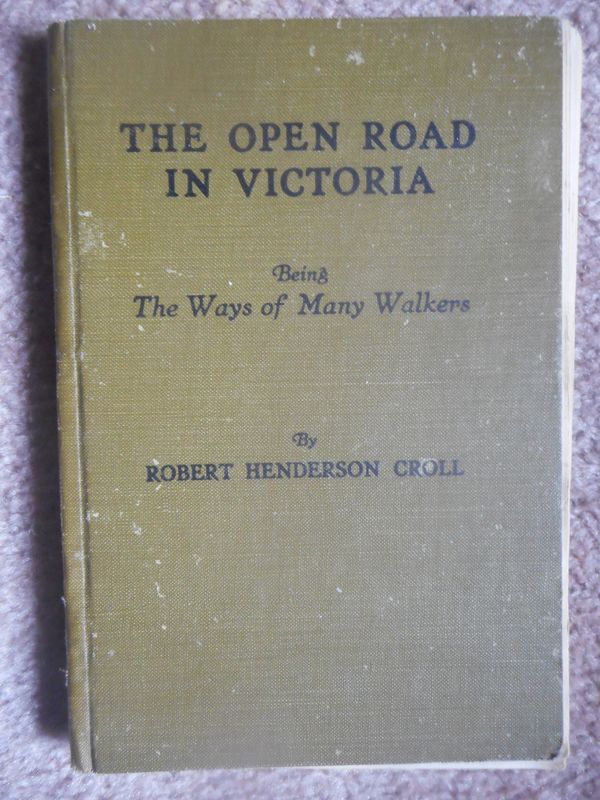
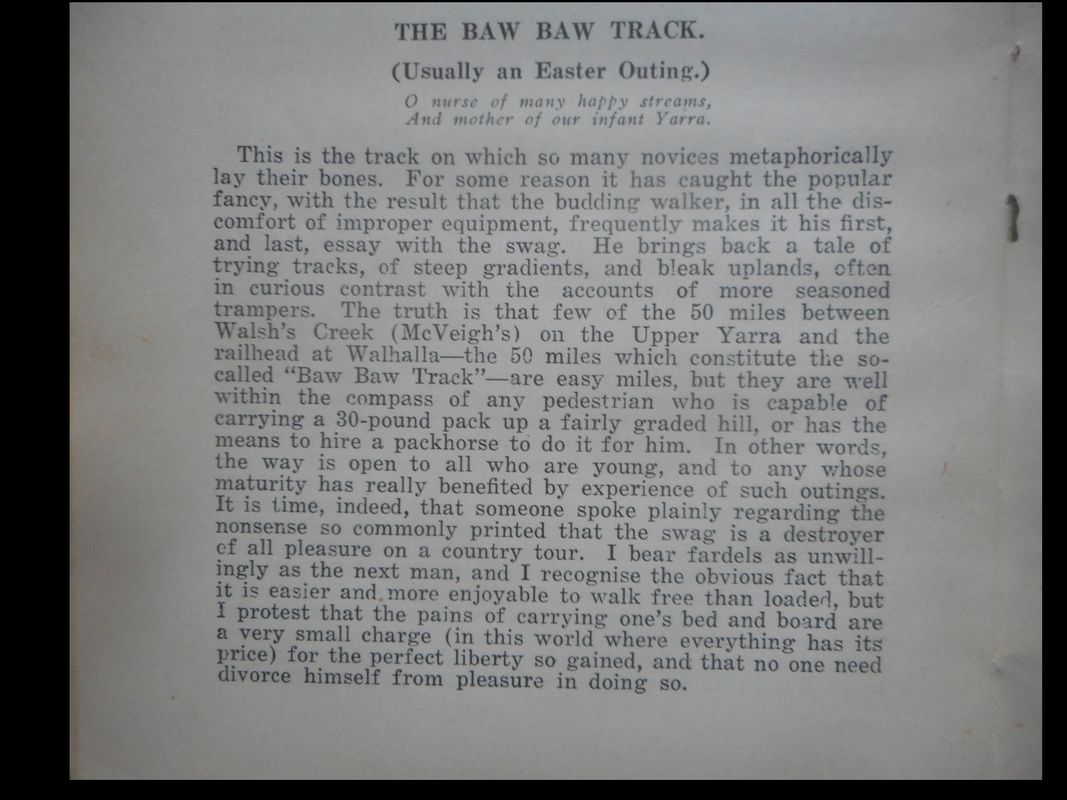
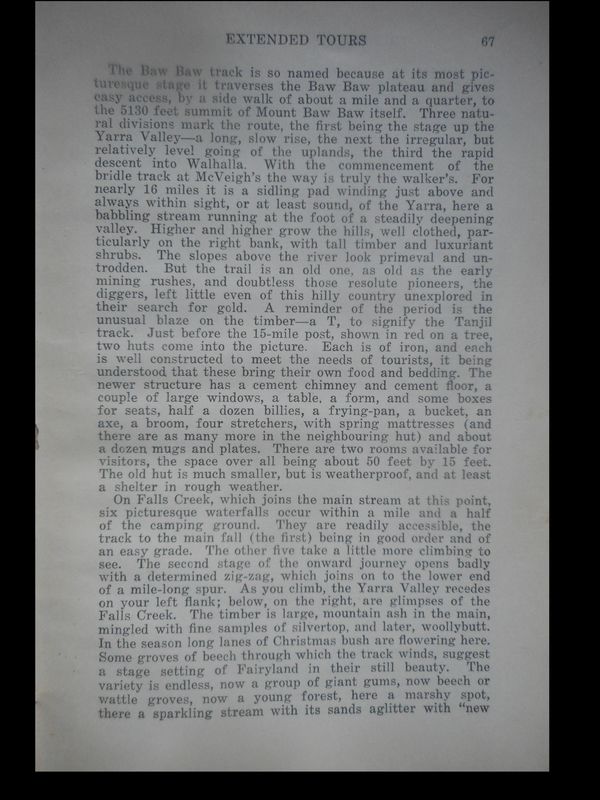
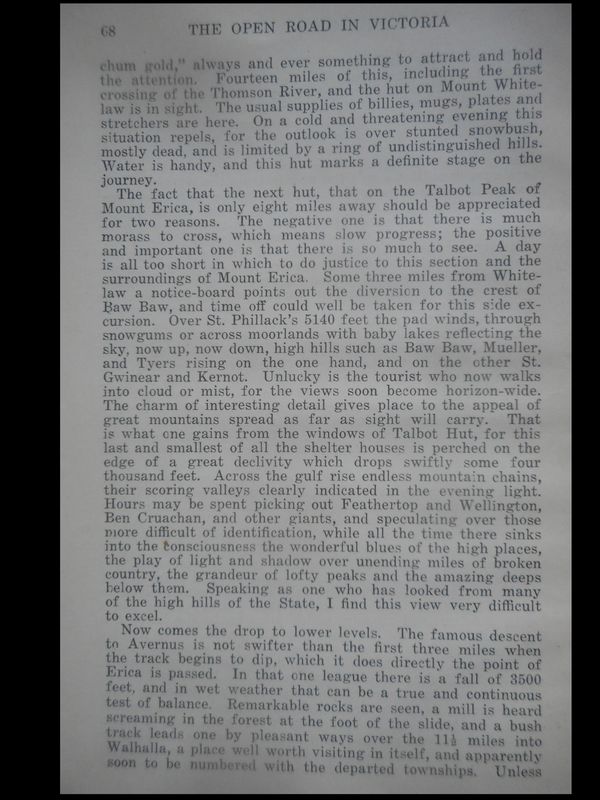
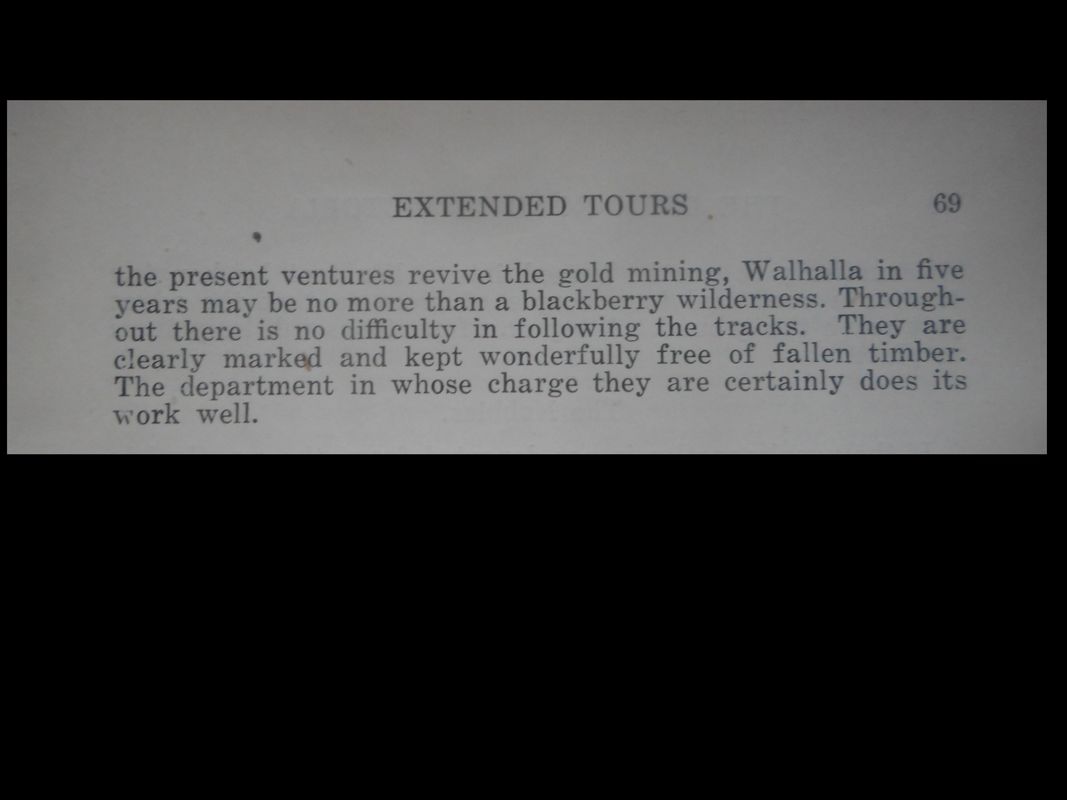
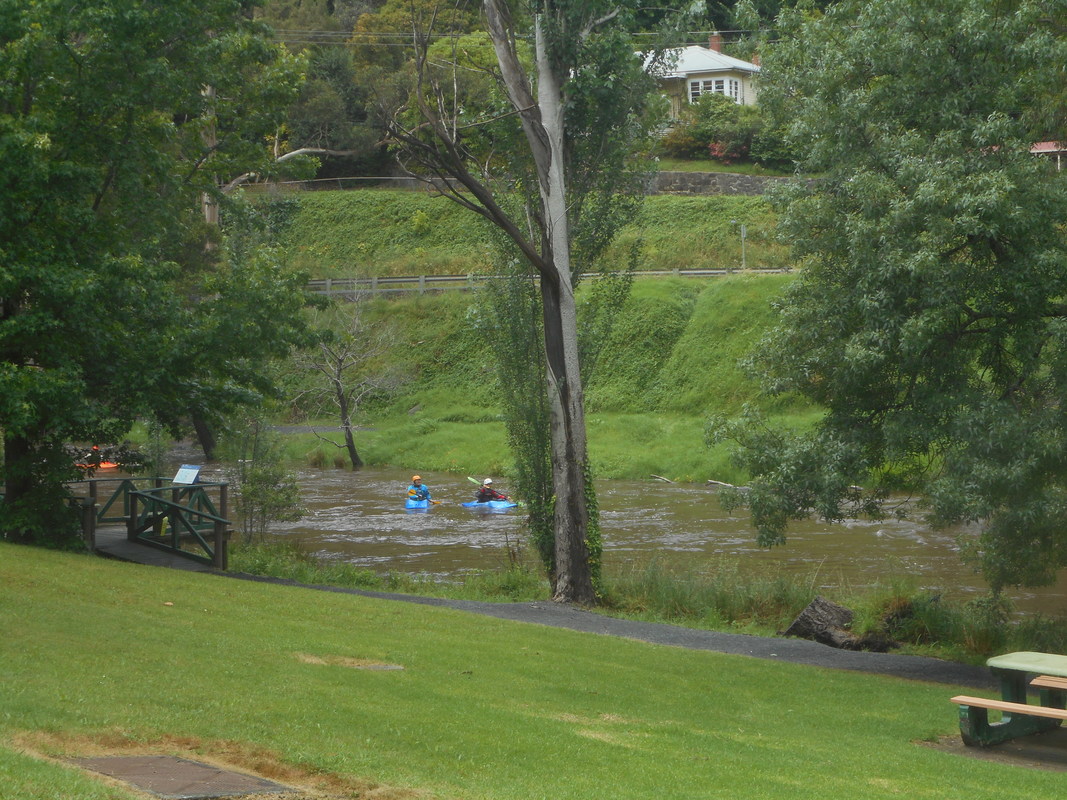
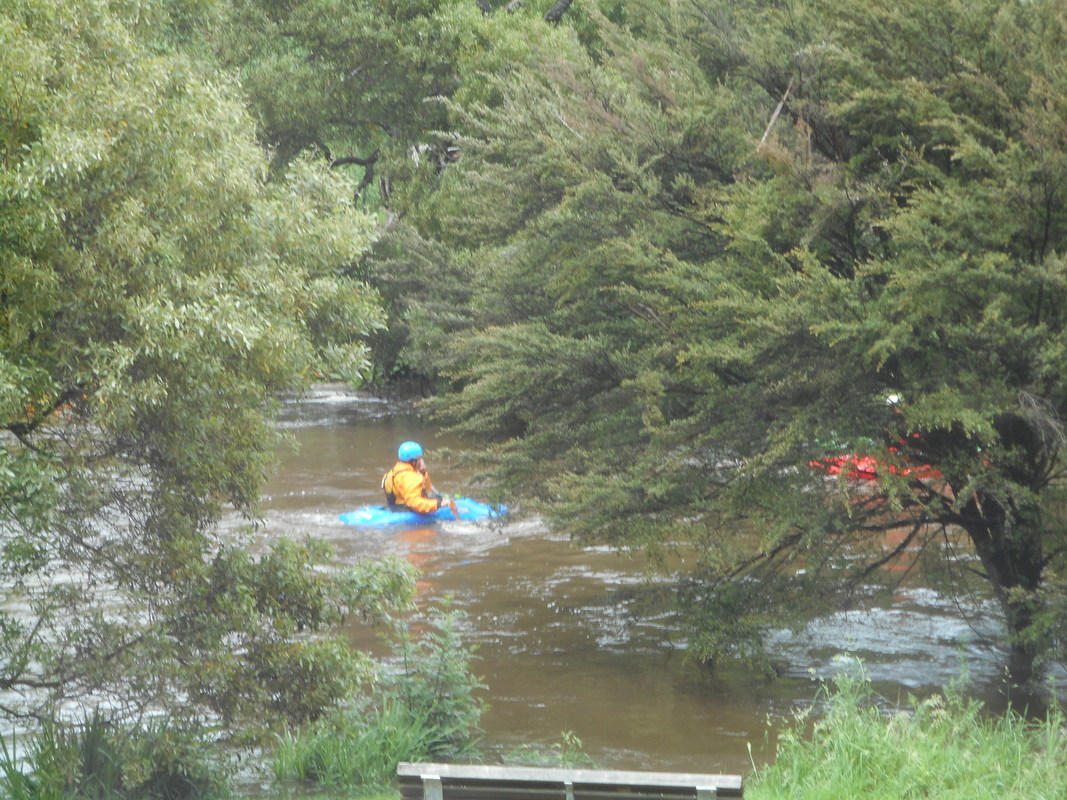
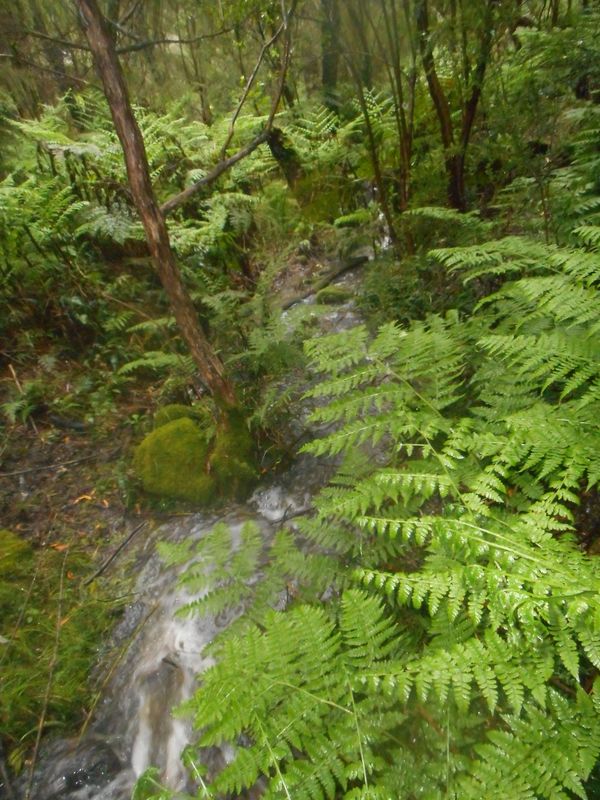
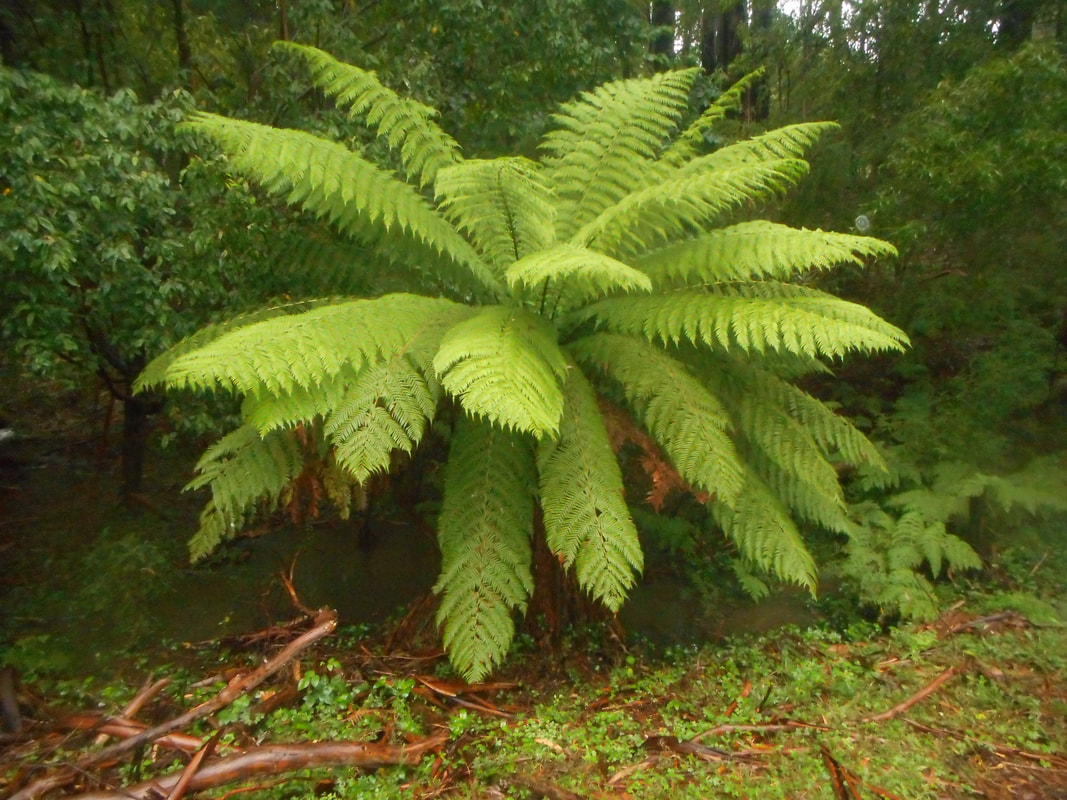
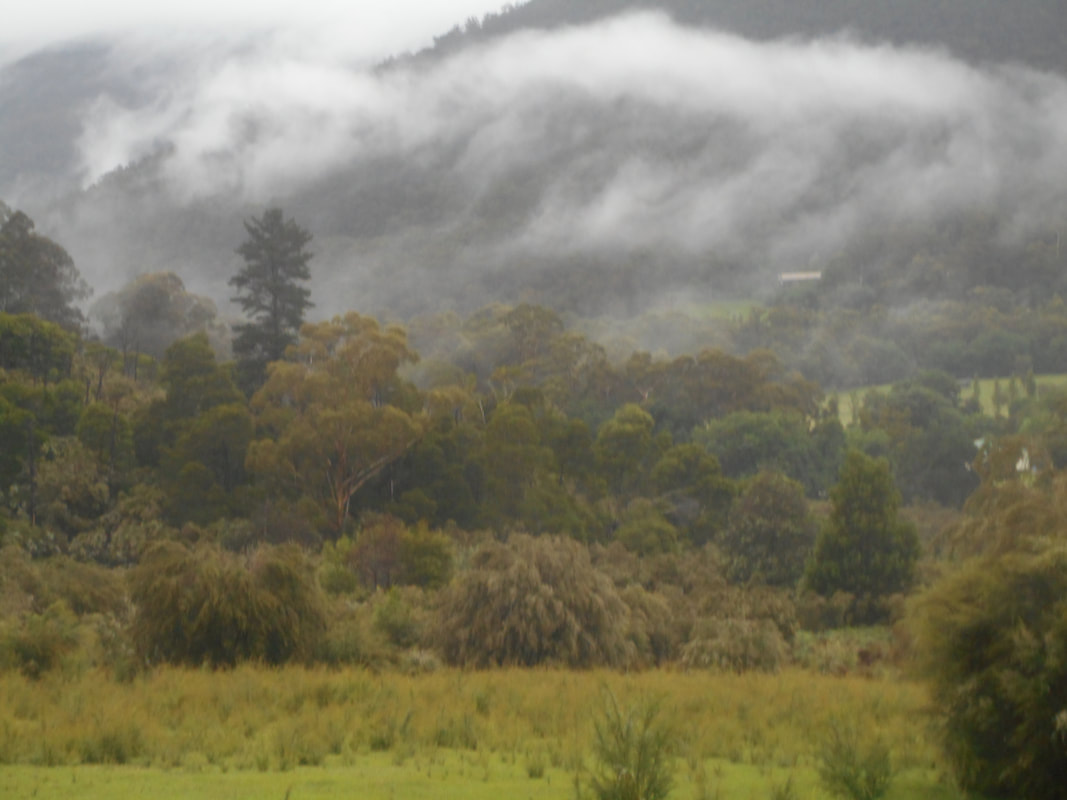
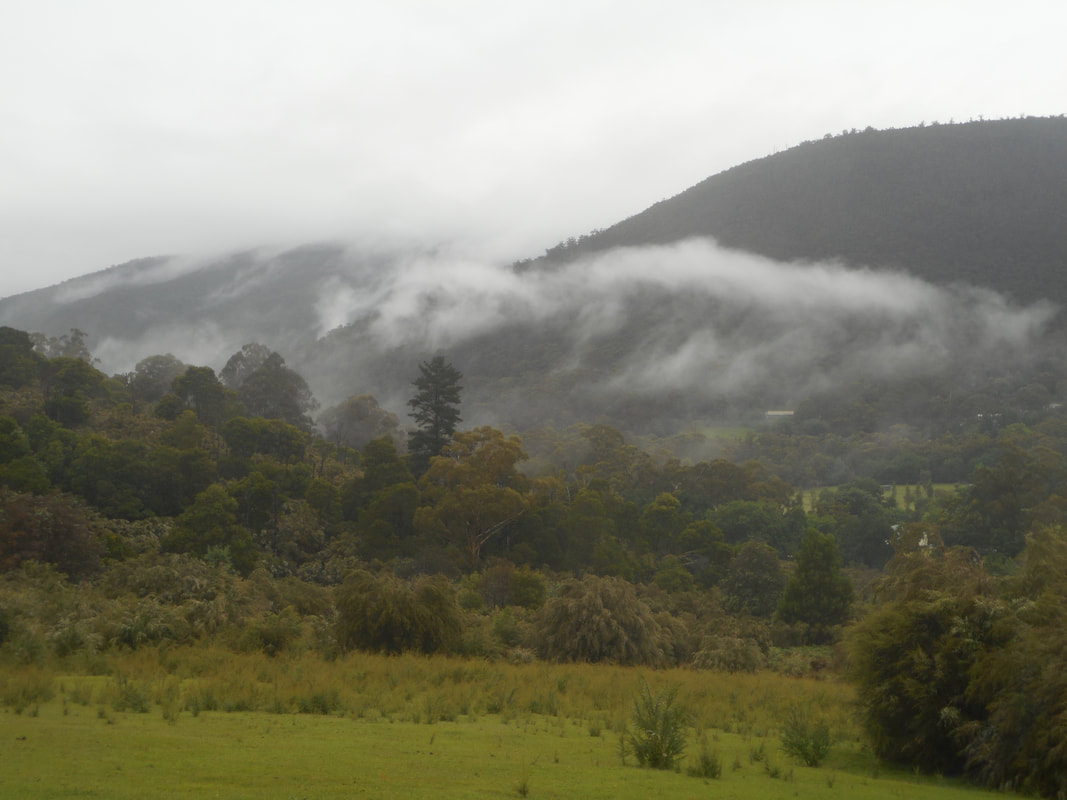
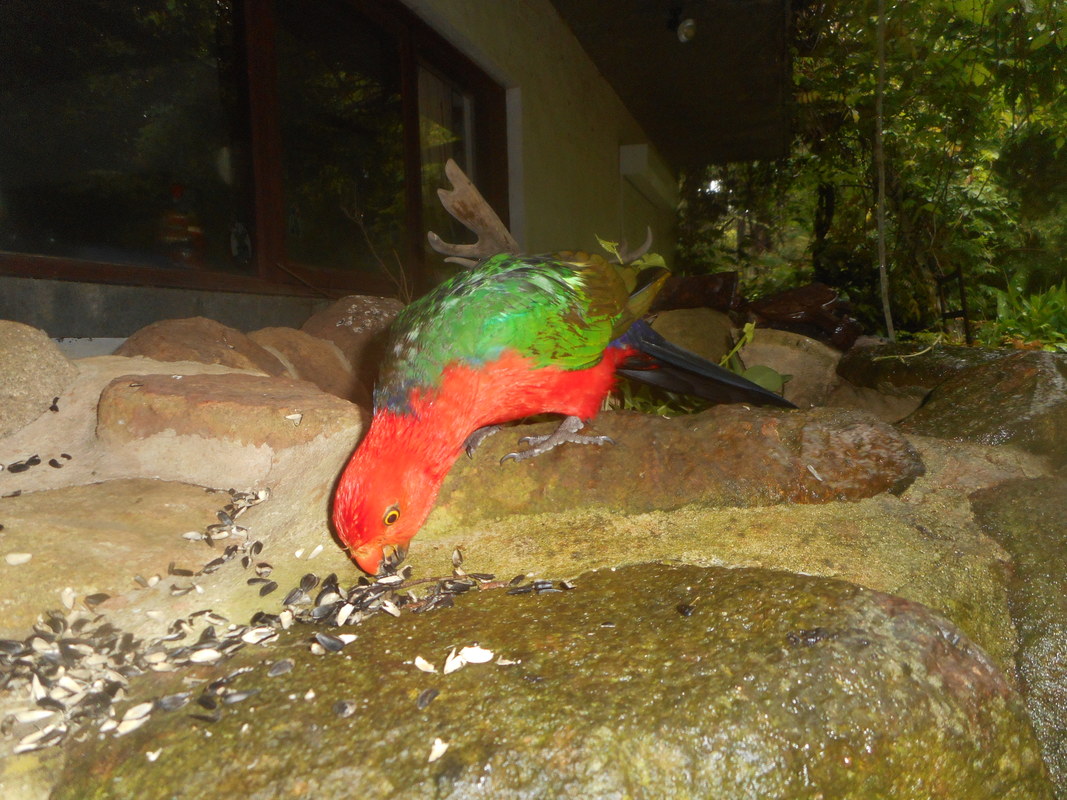

 RSS Feed
RSS Feed
